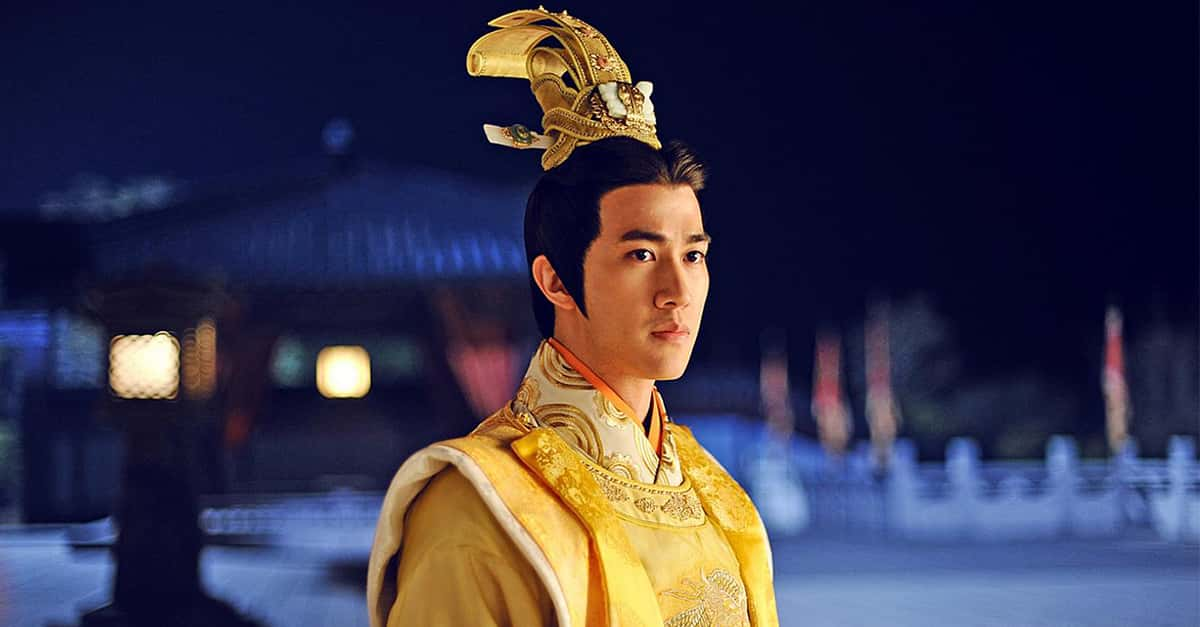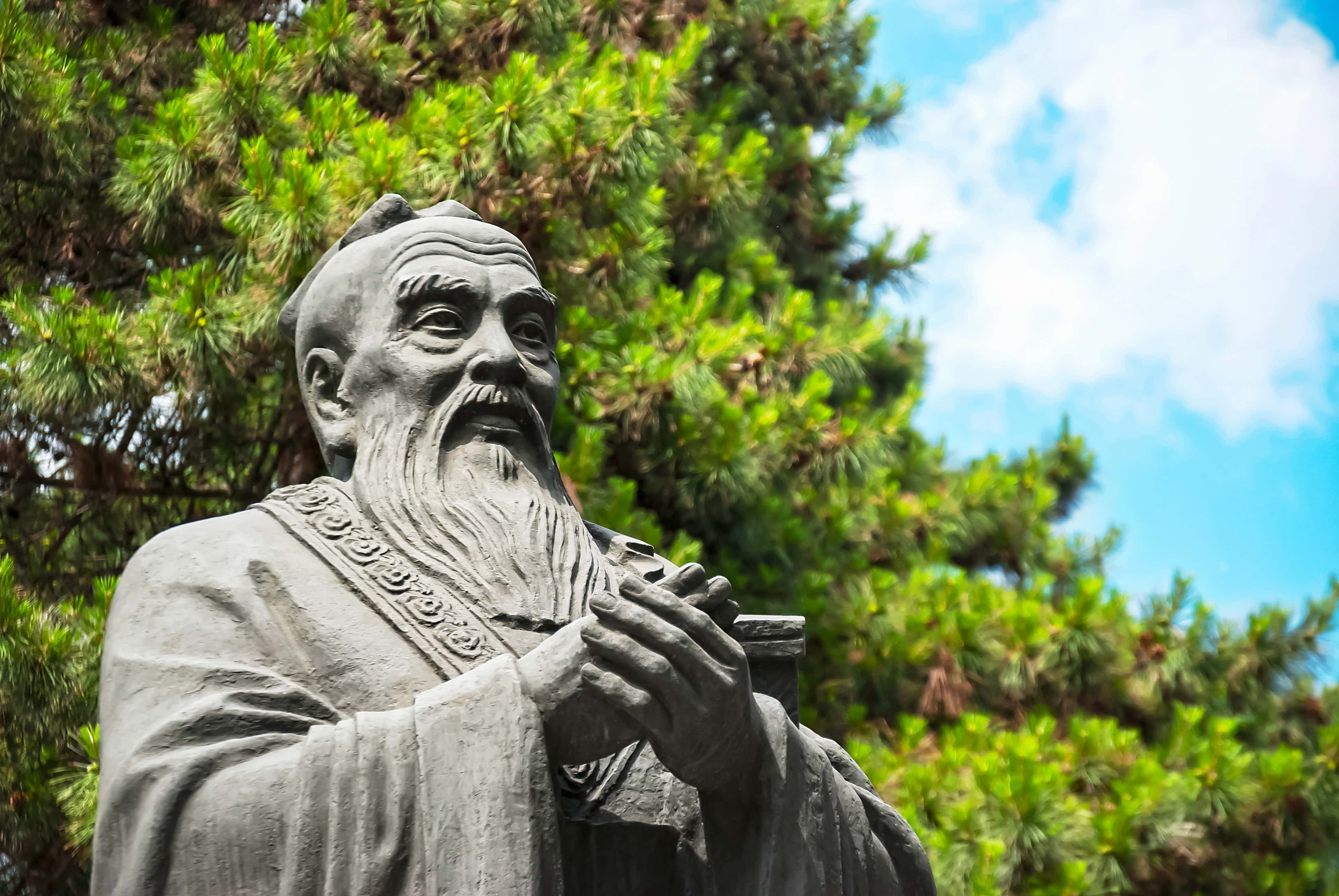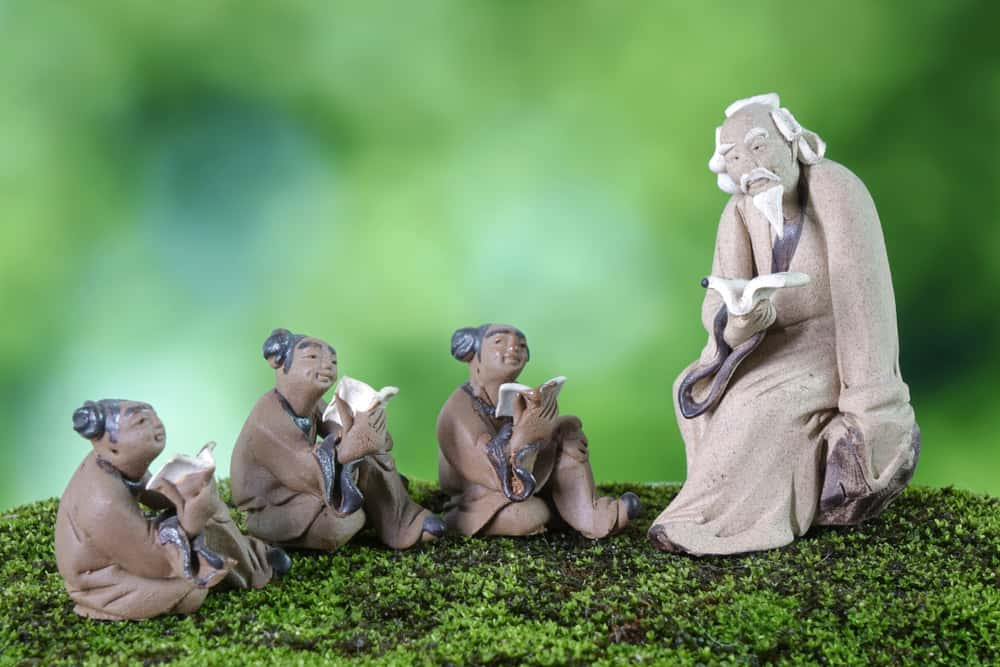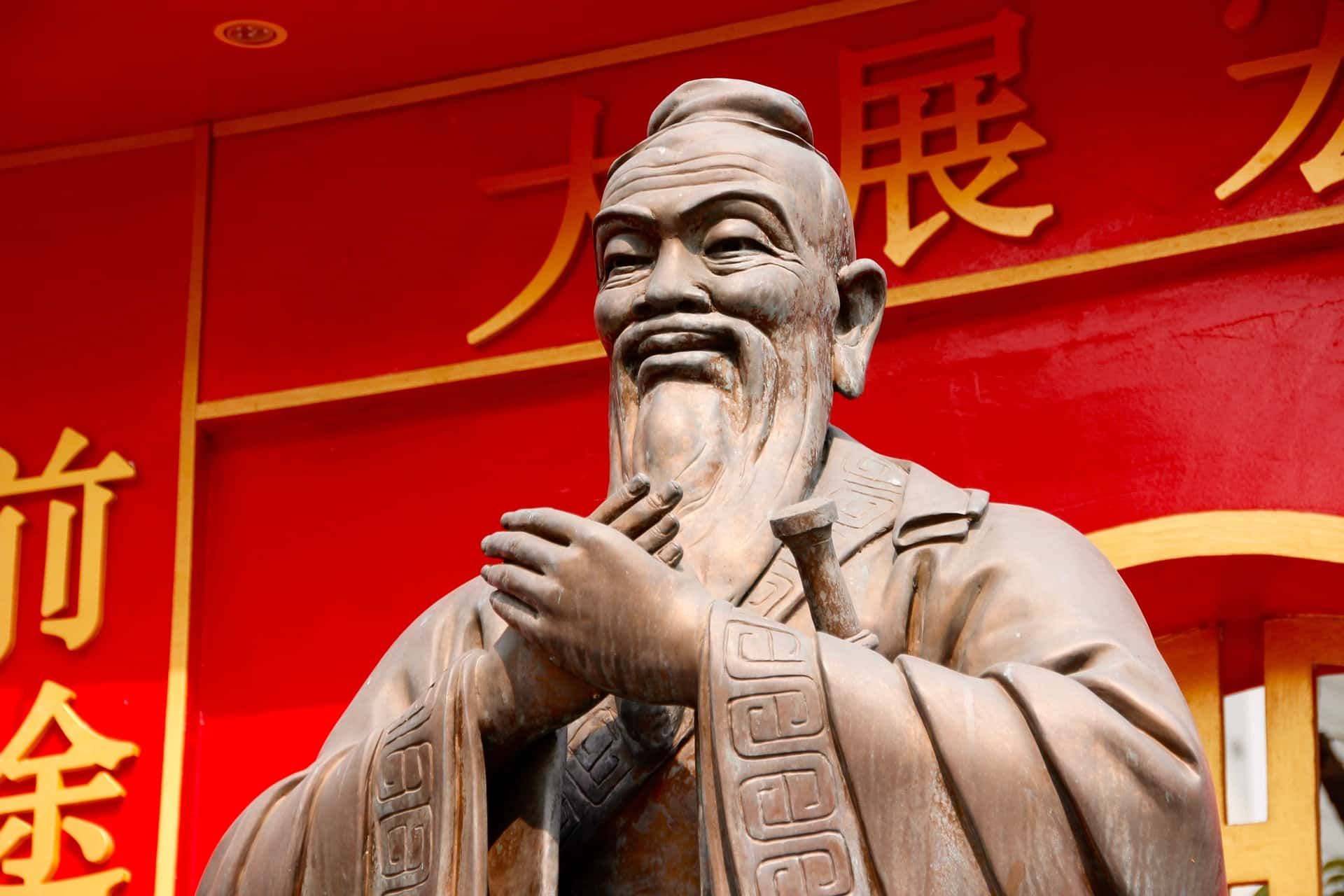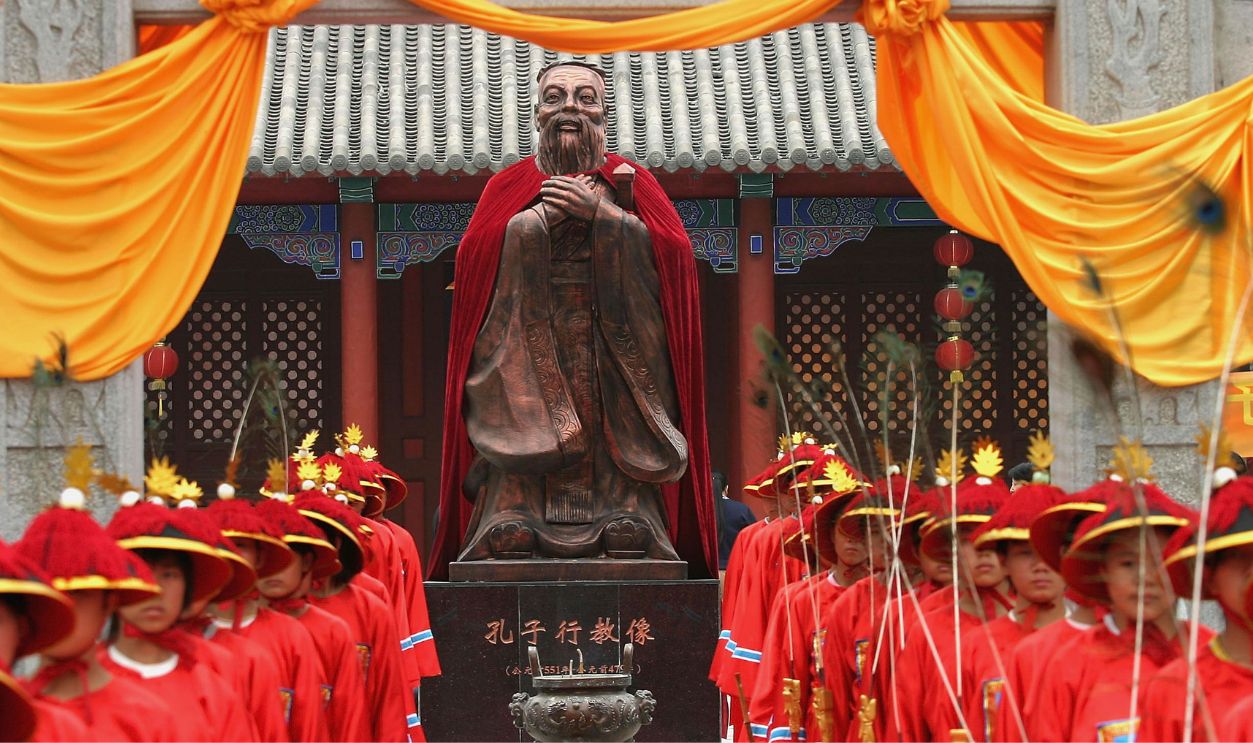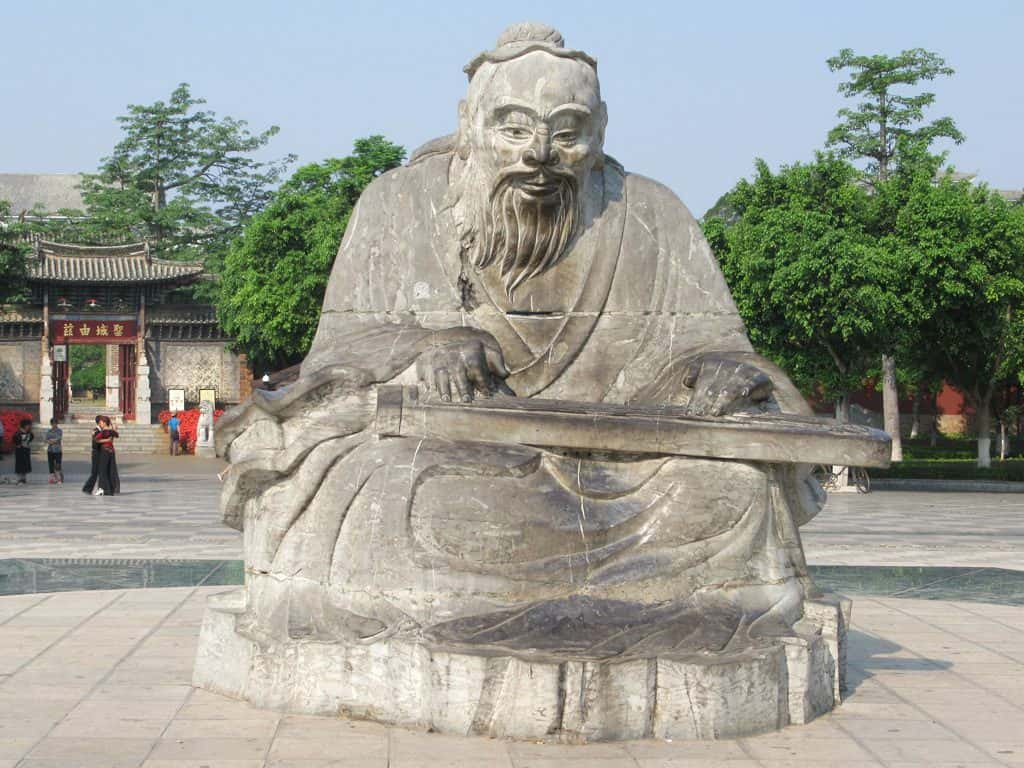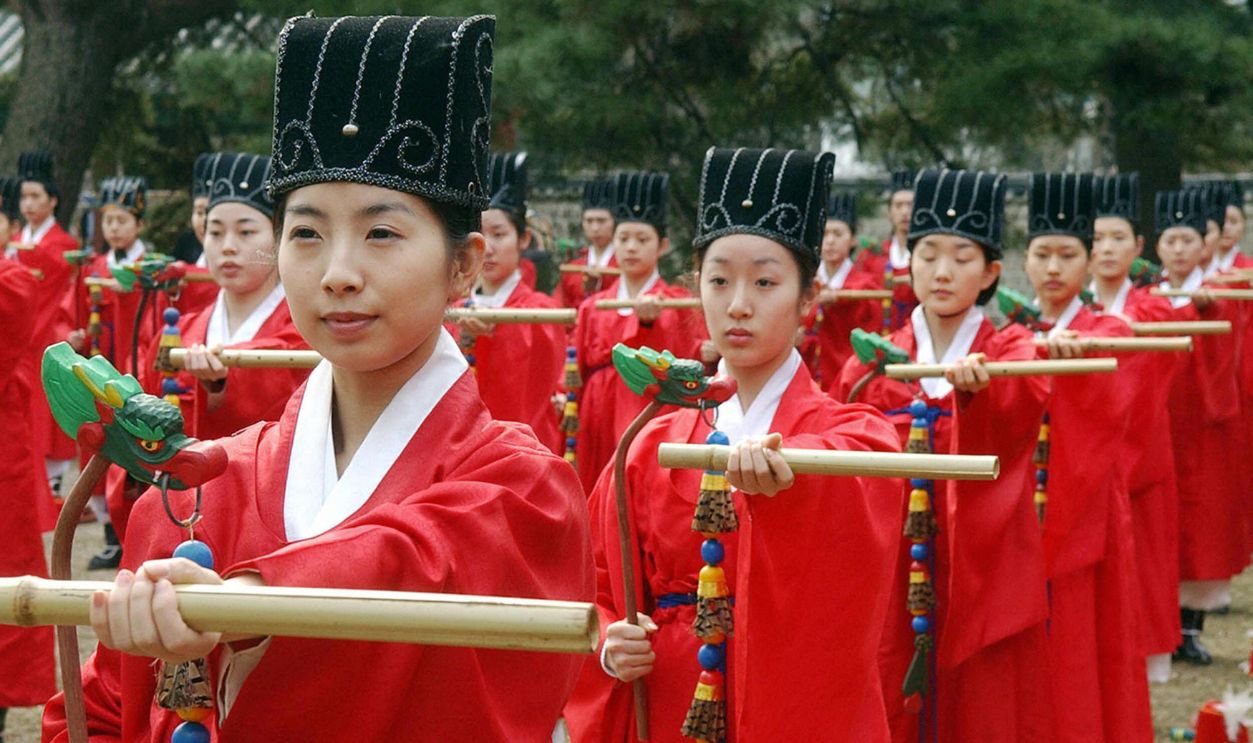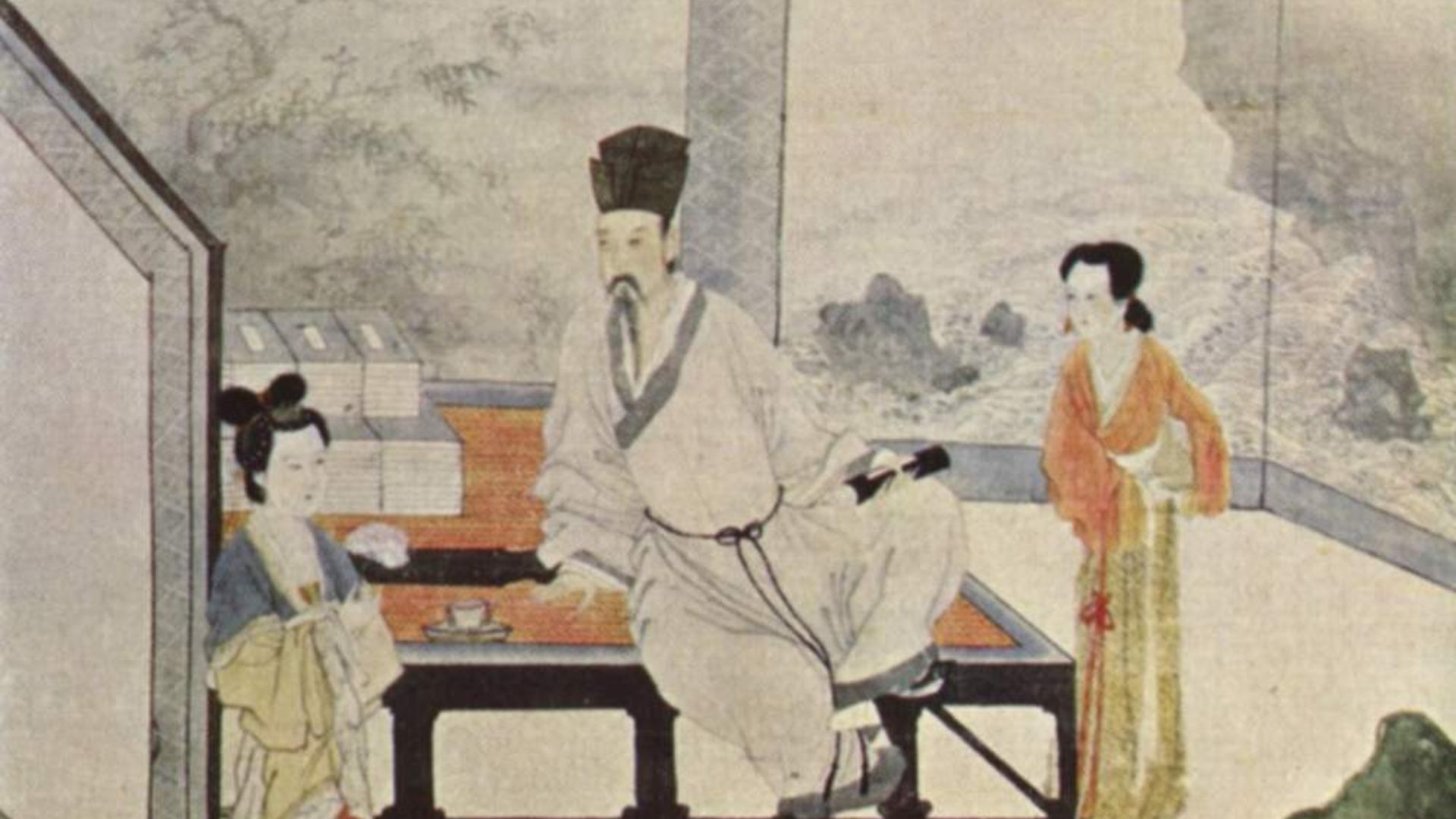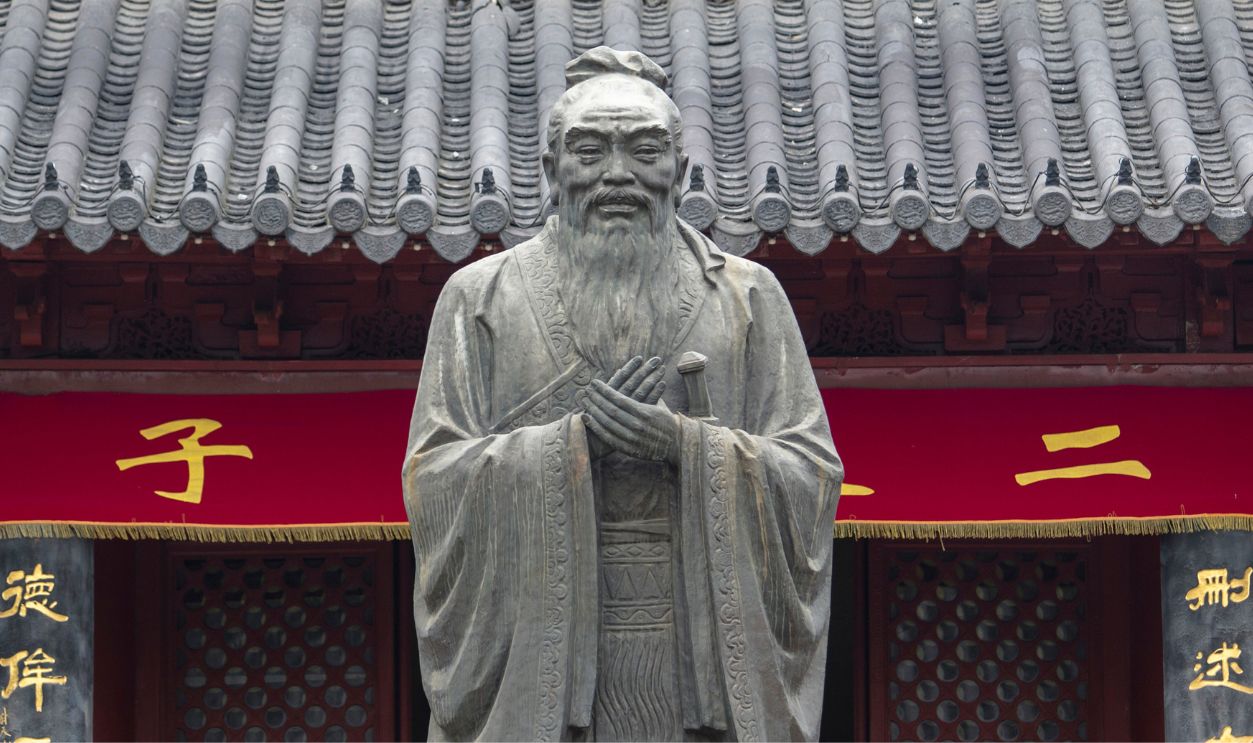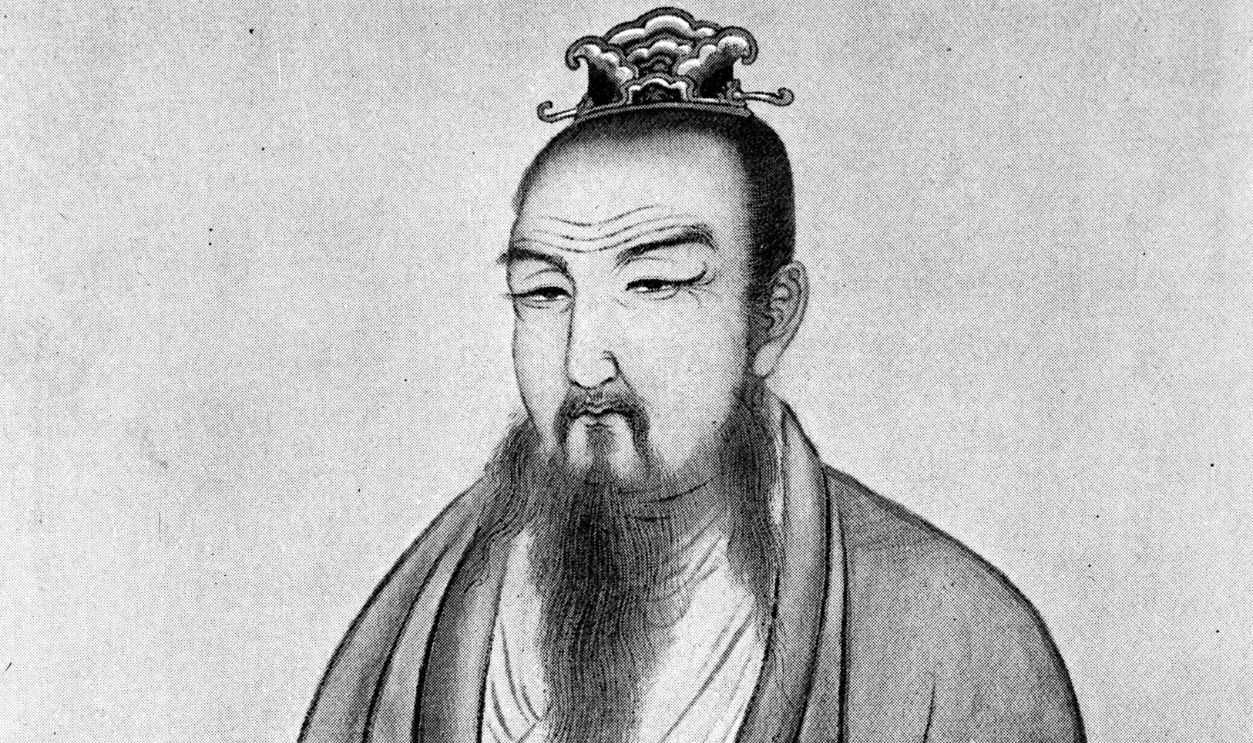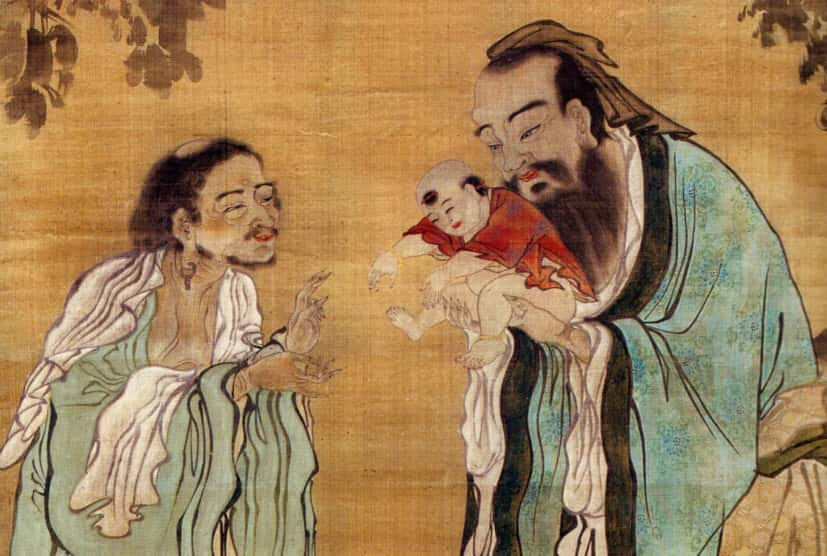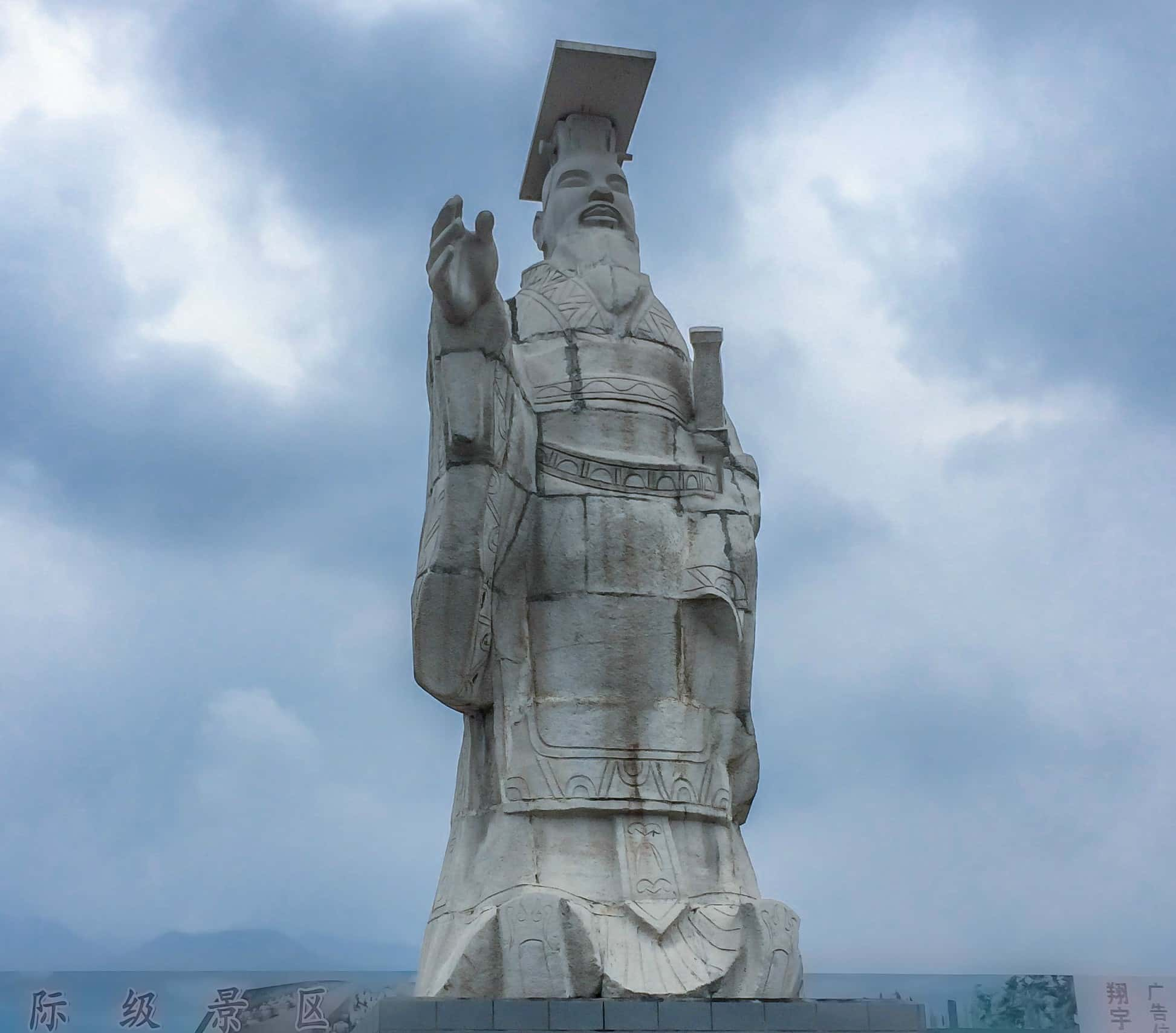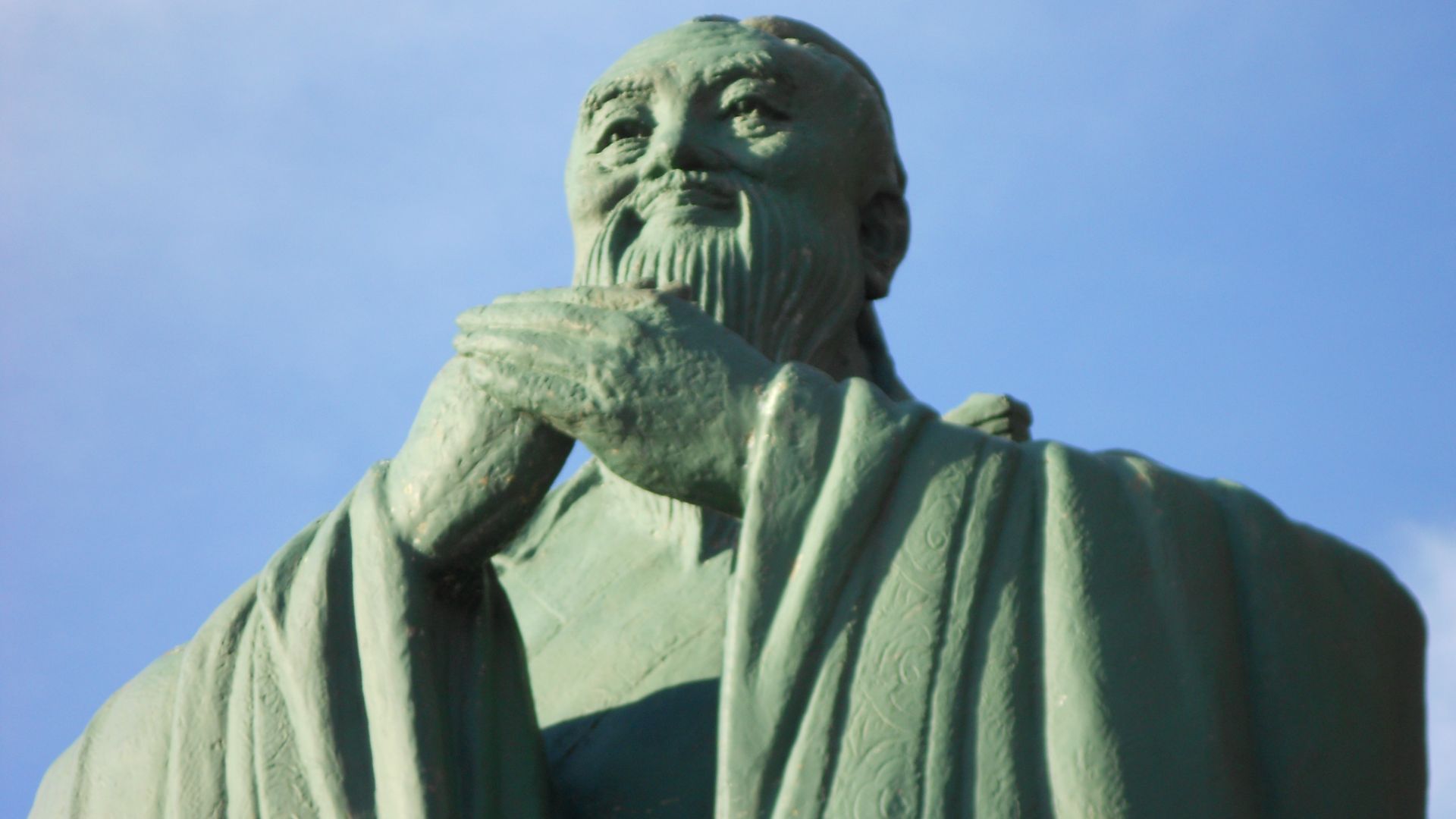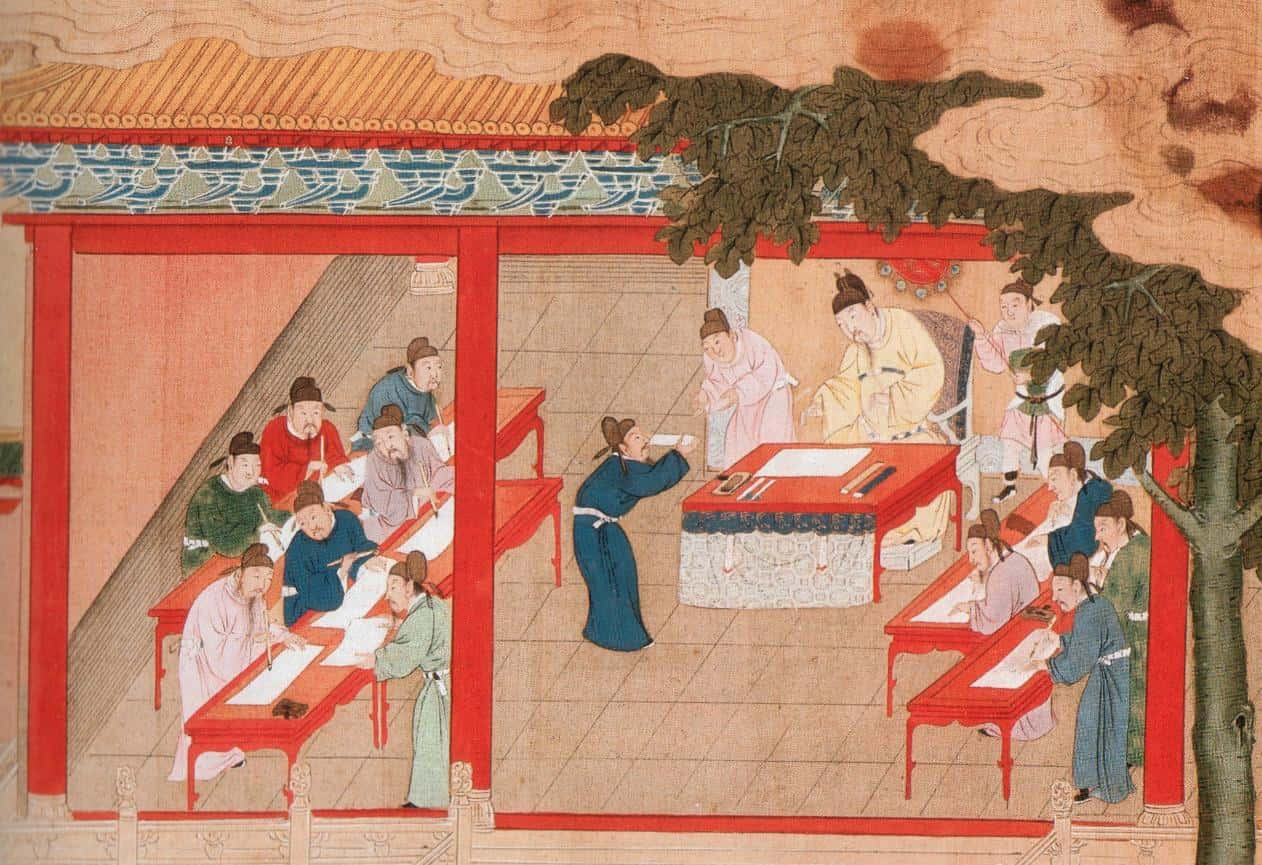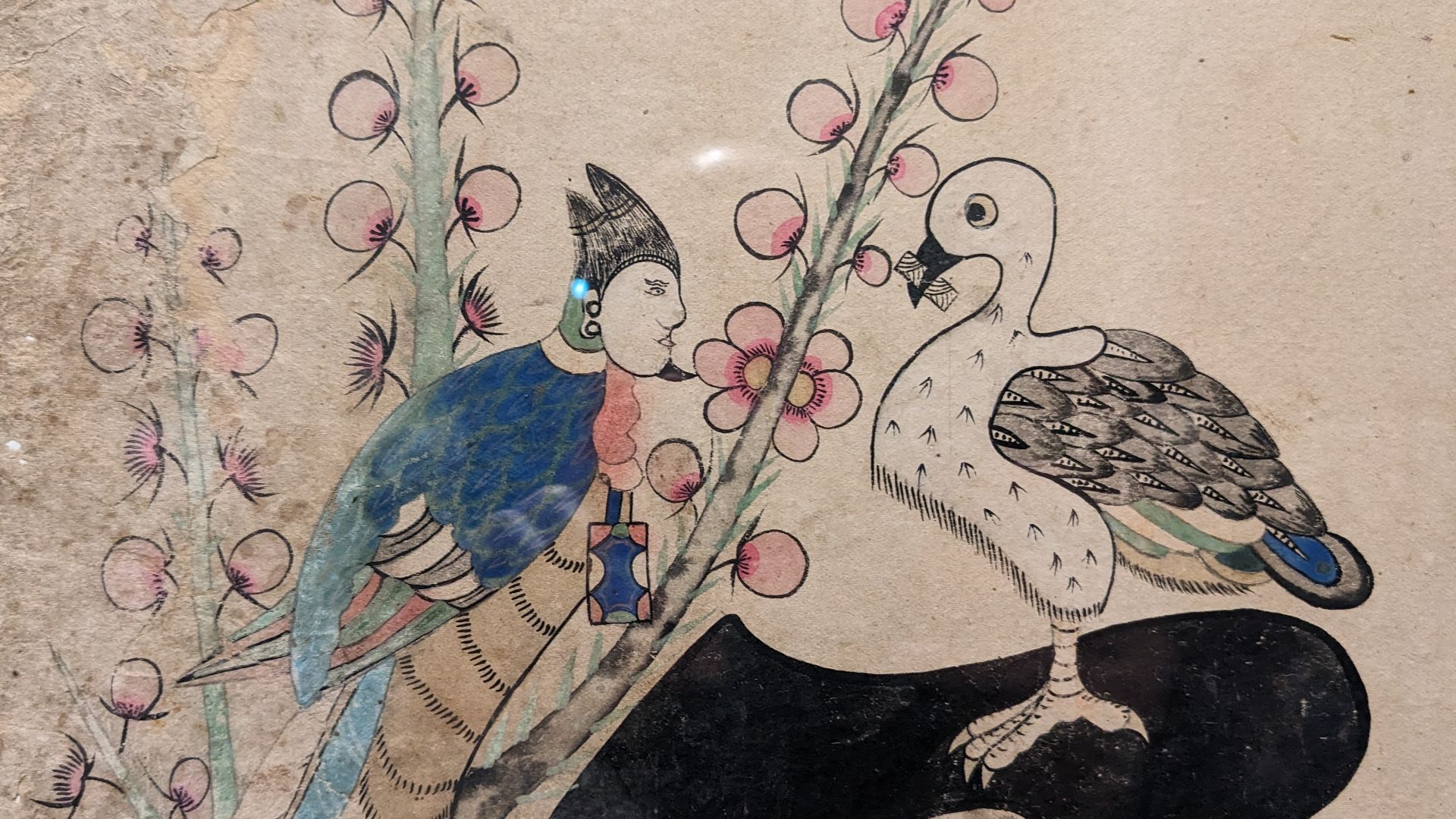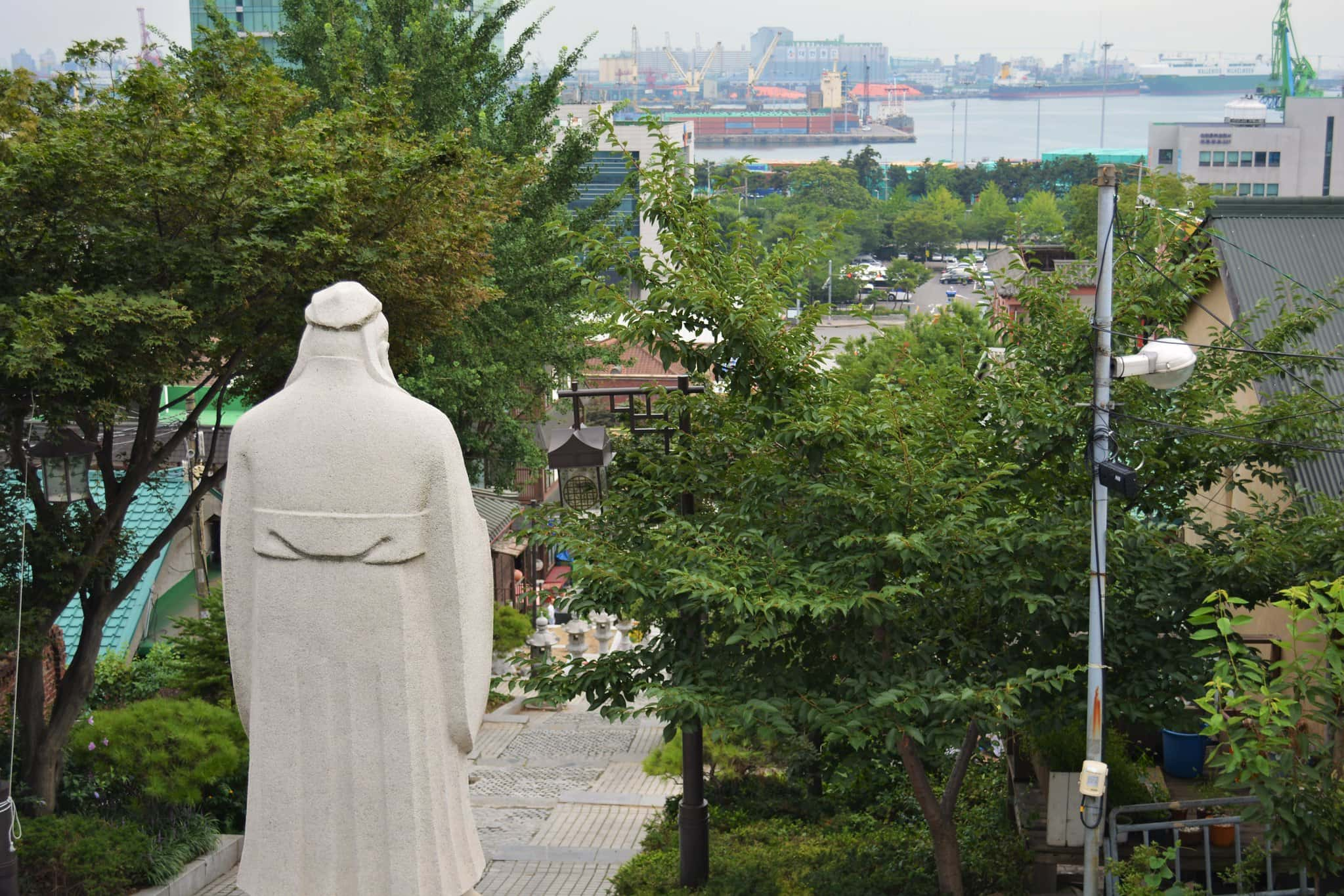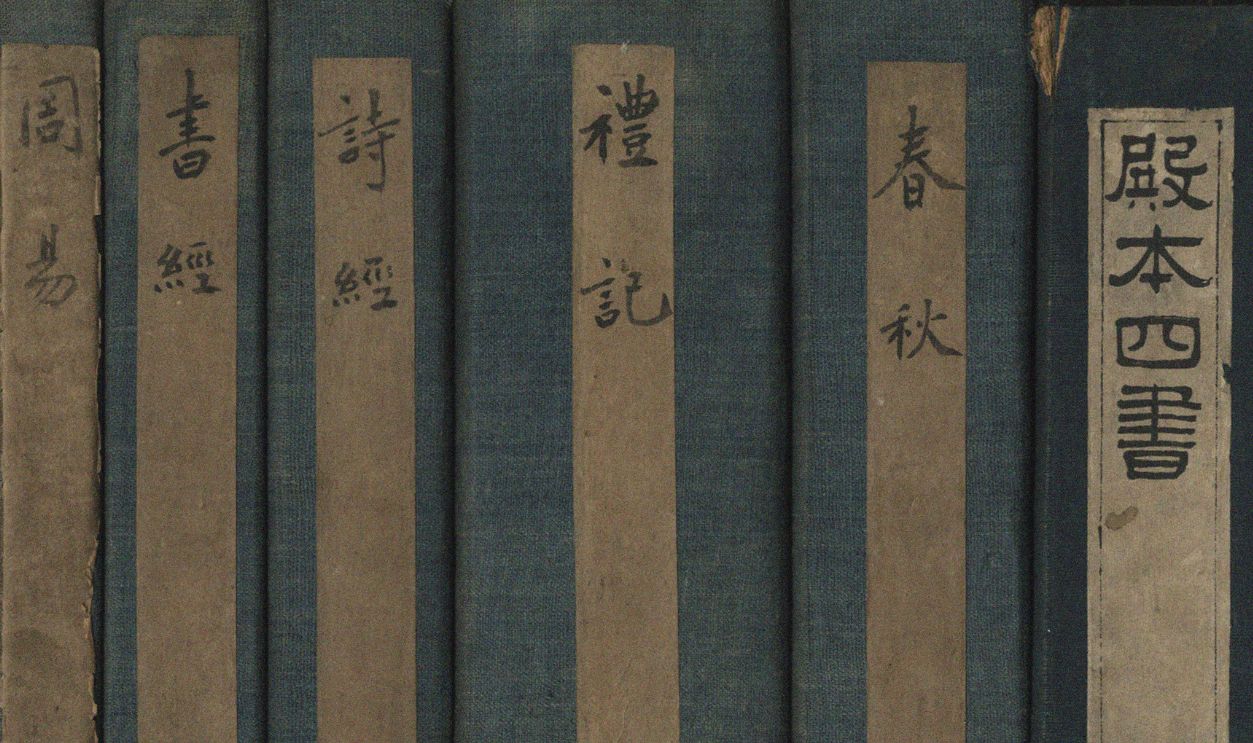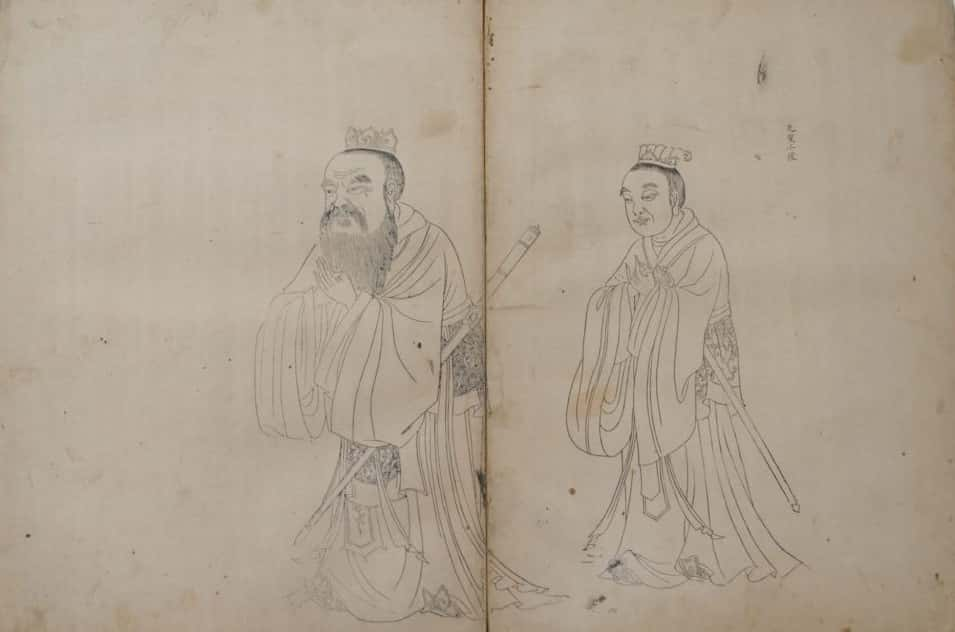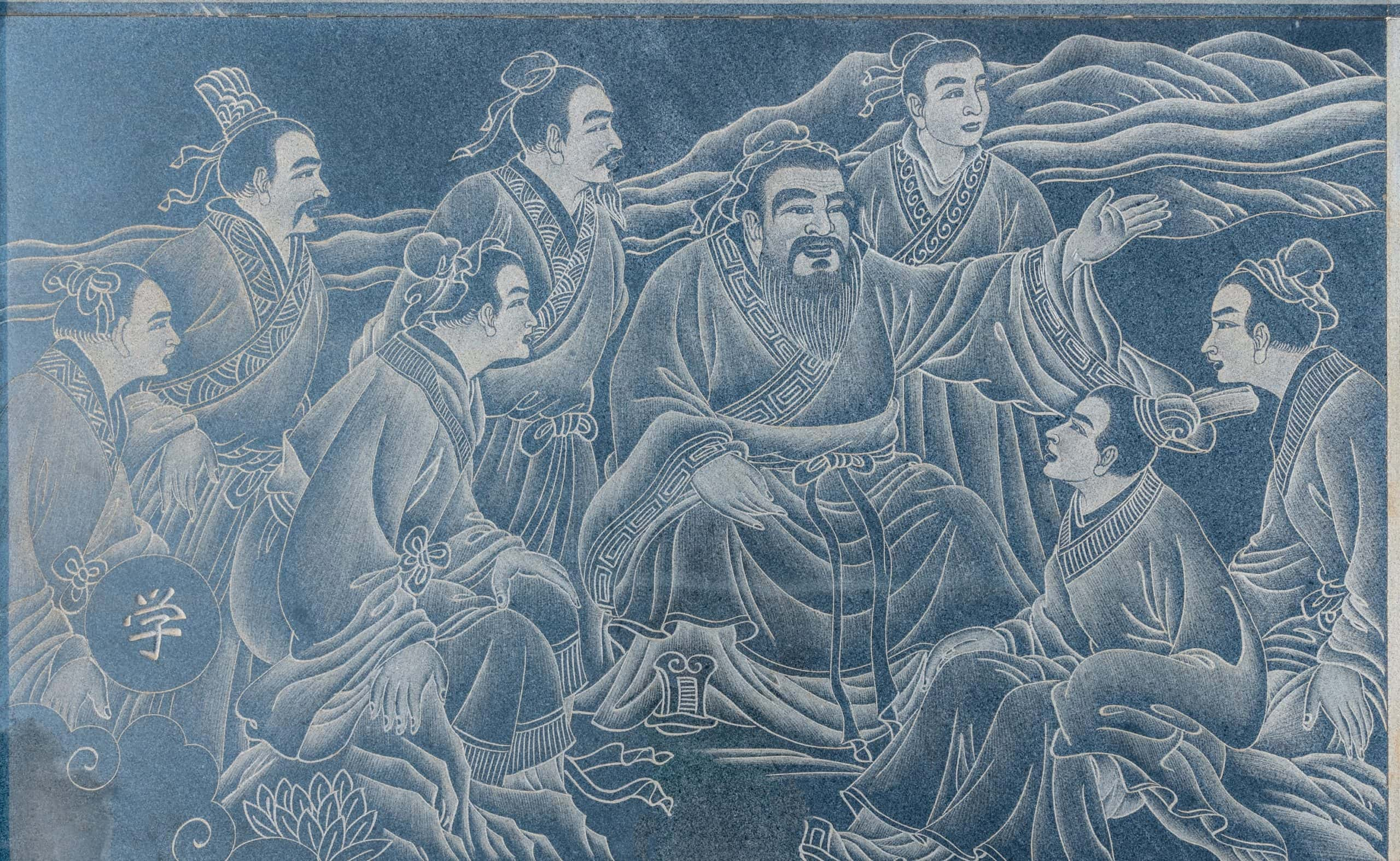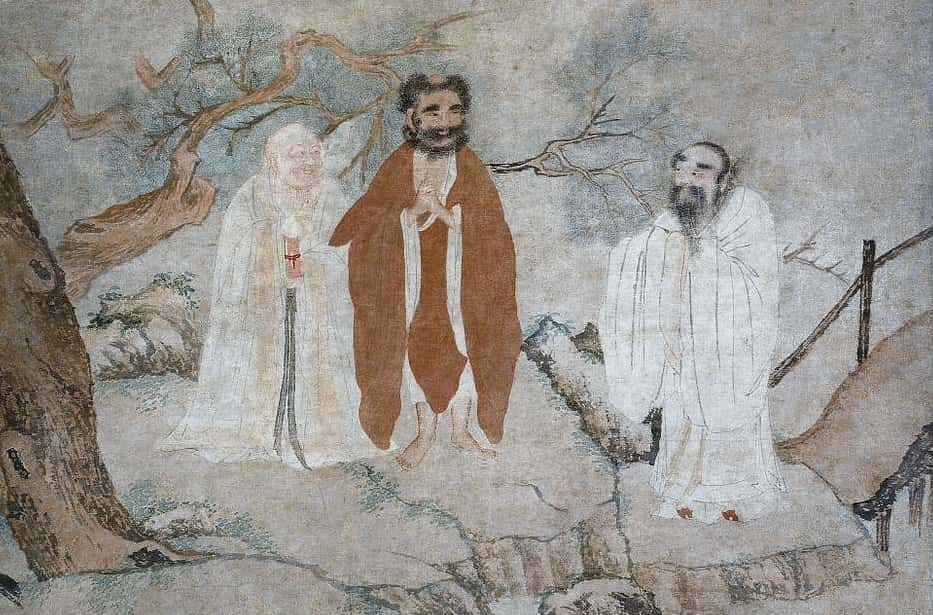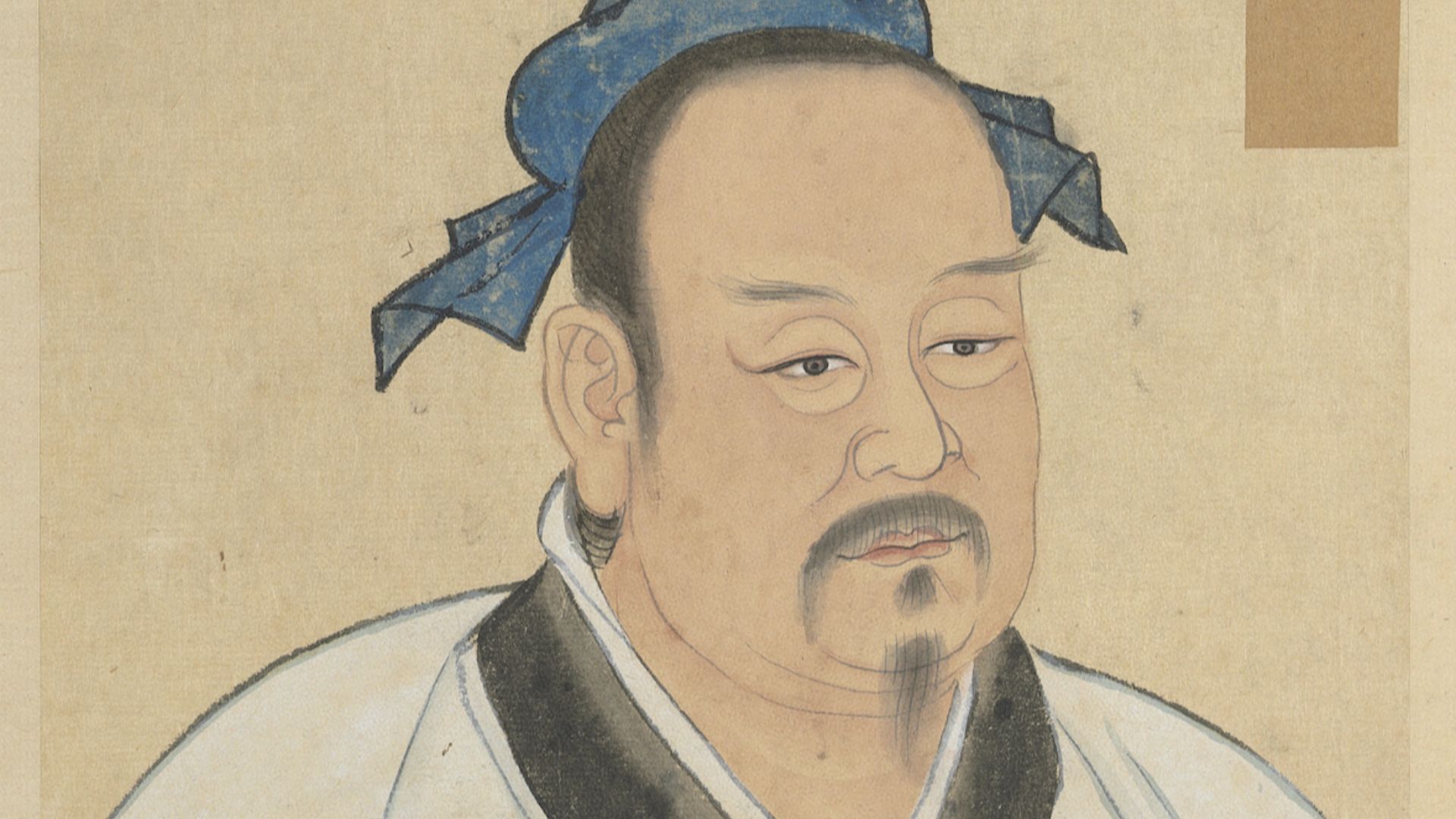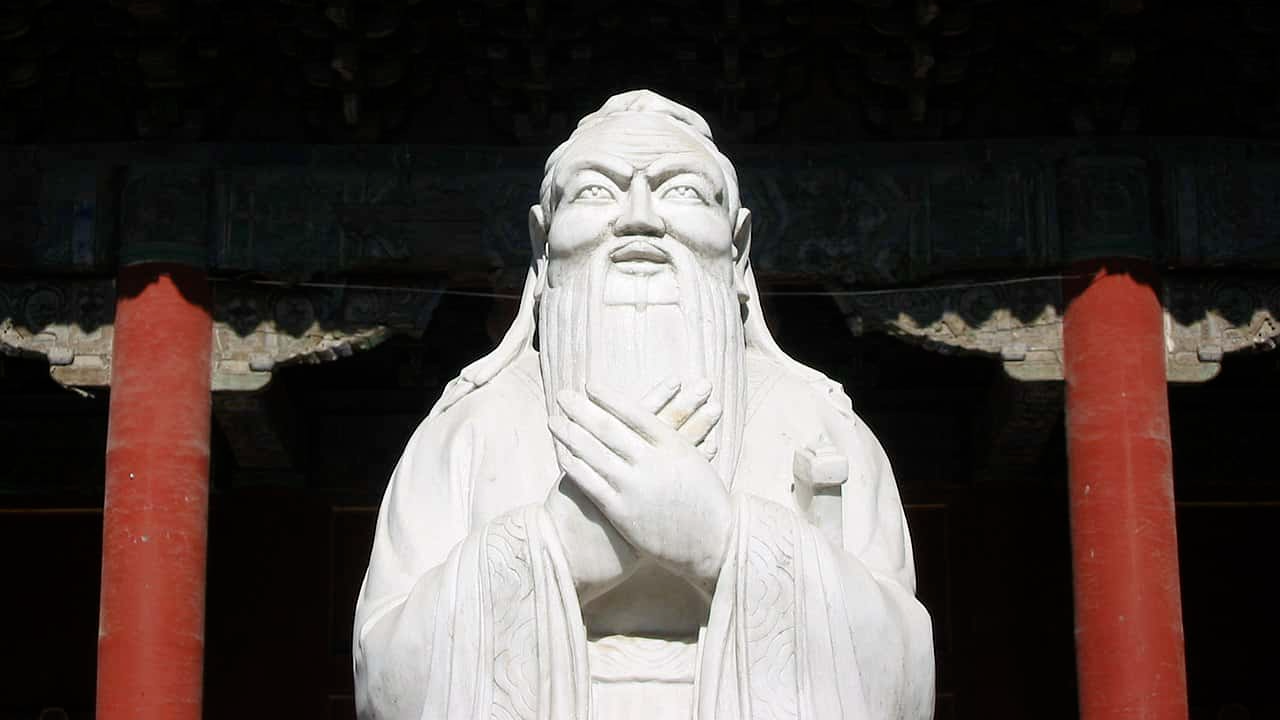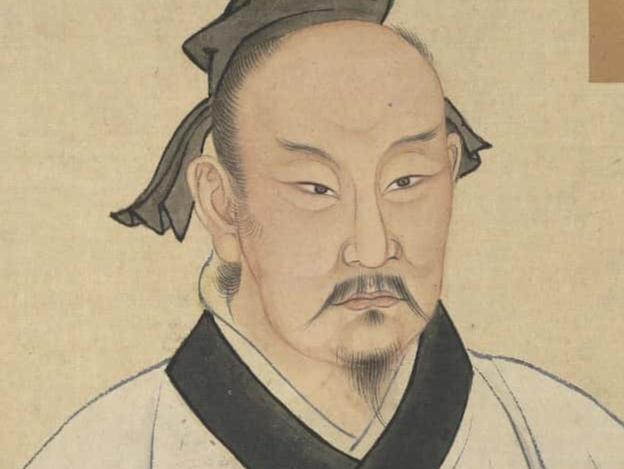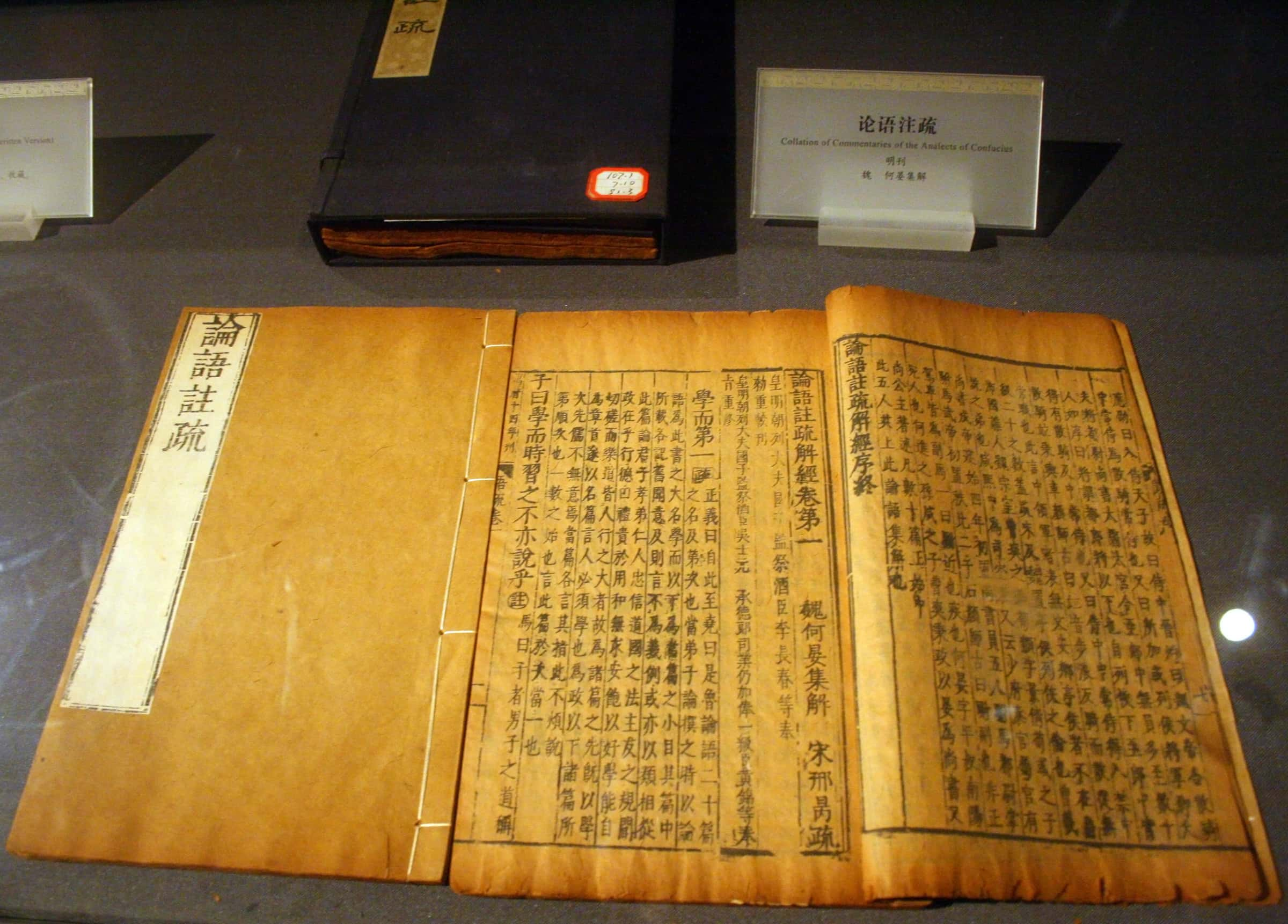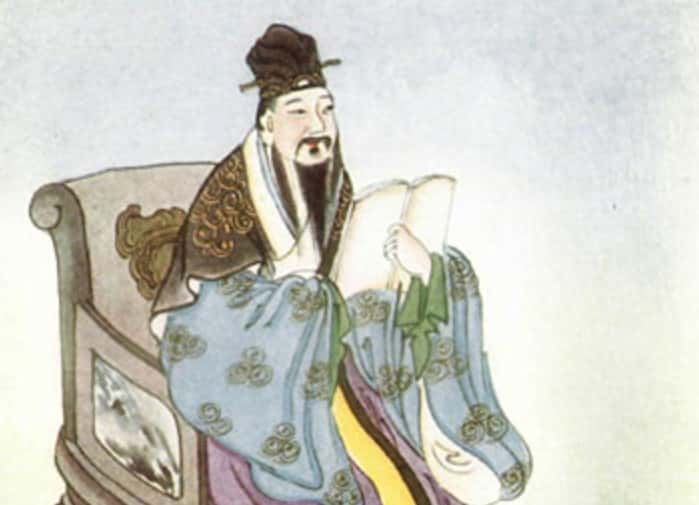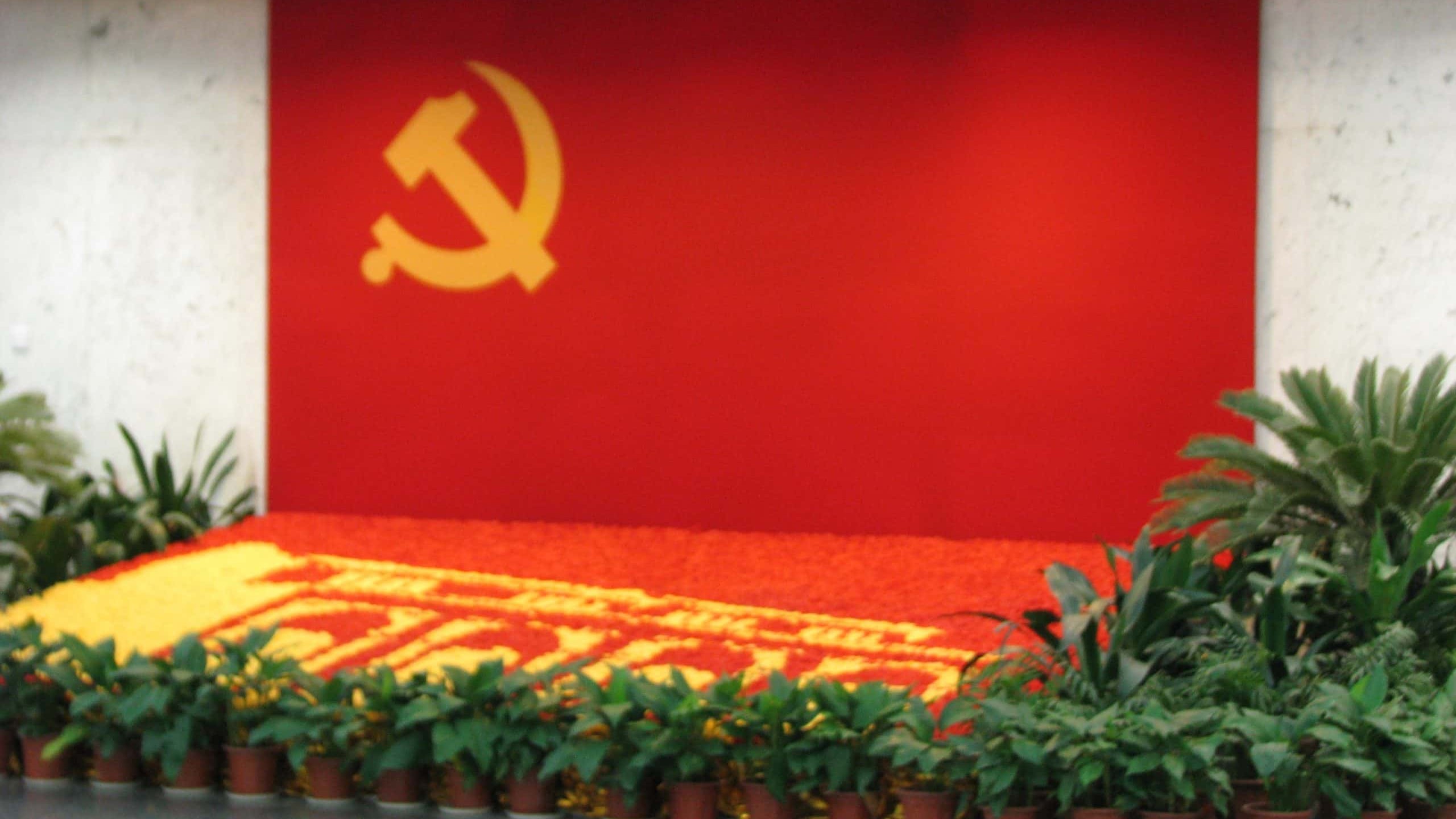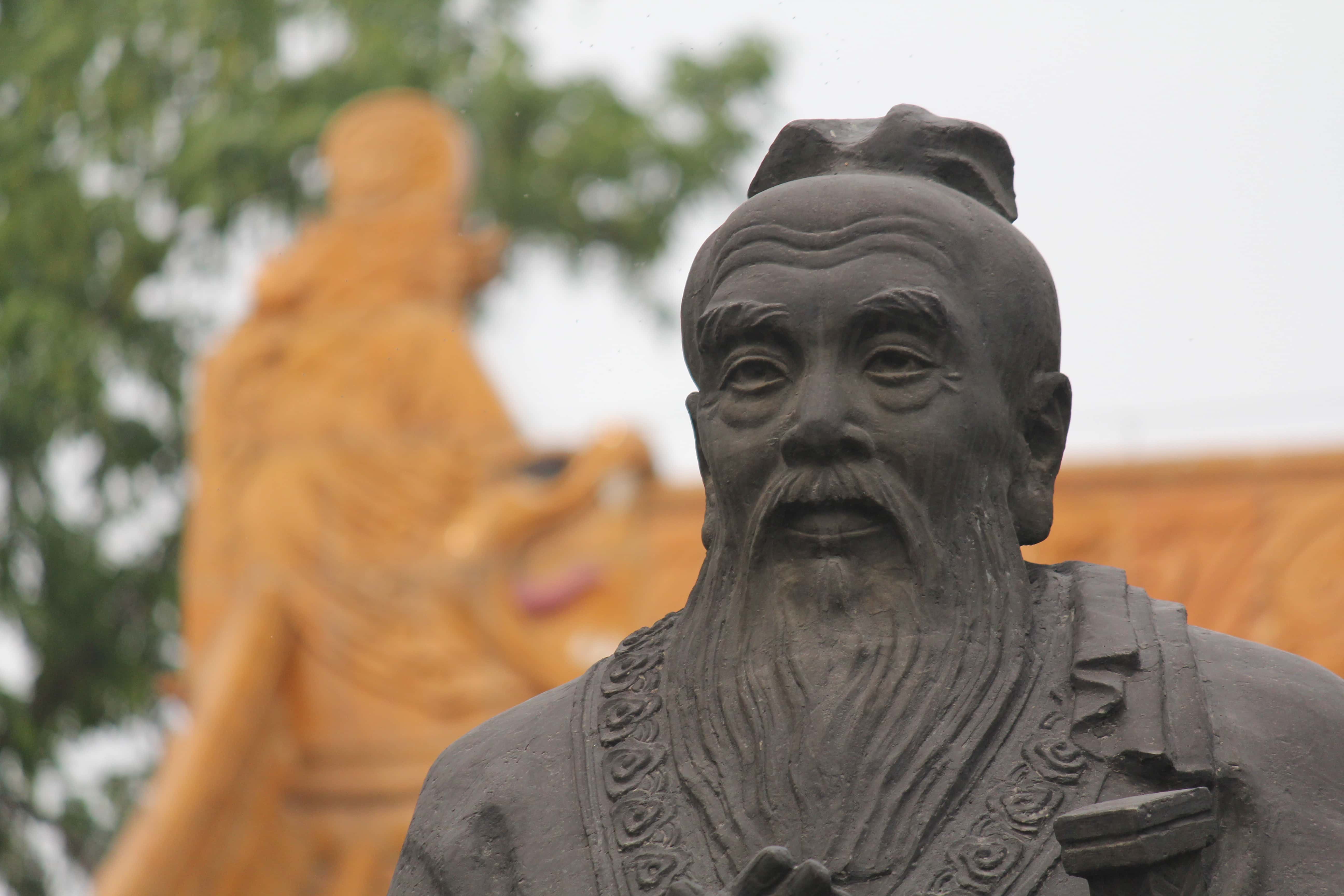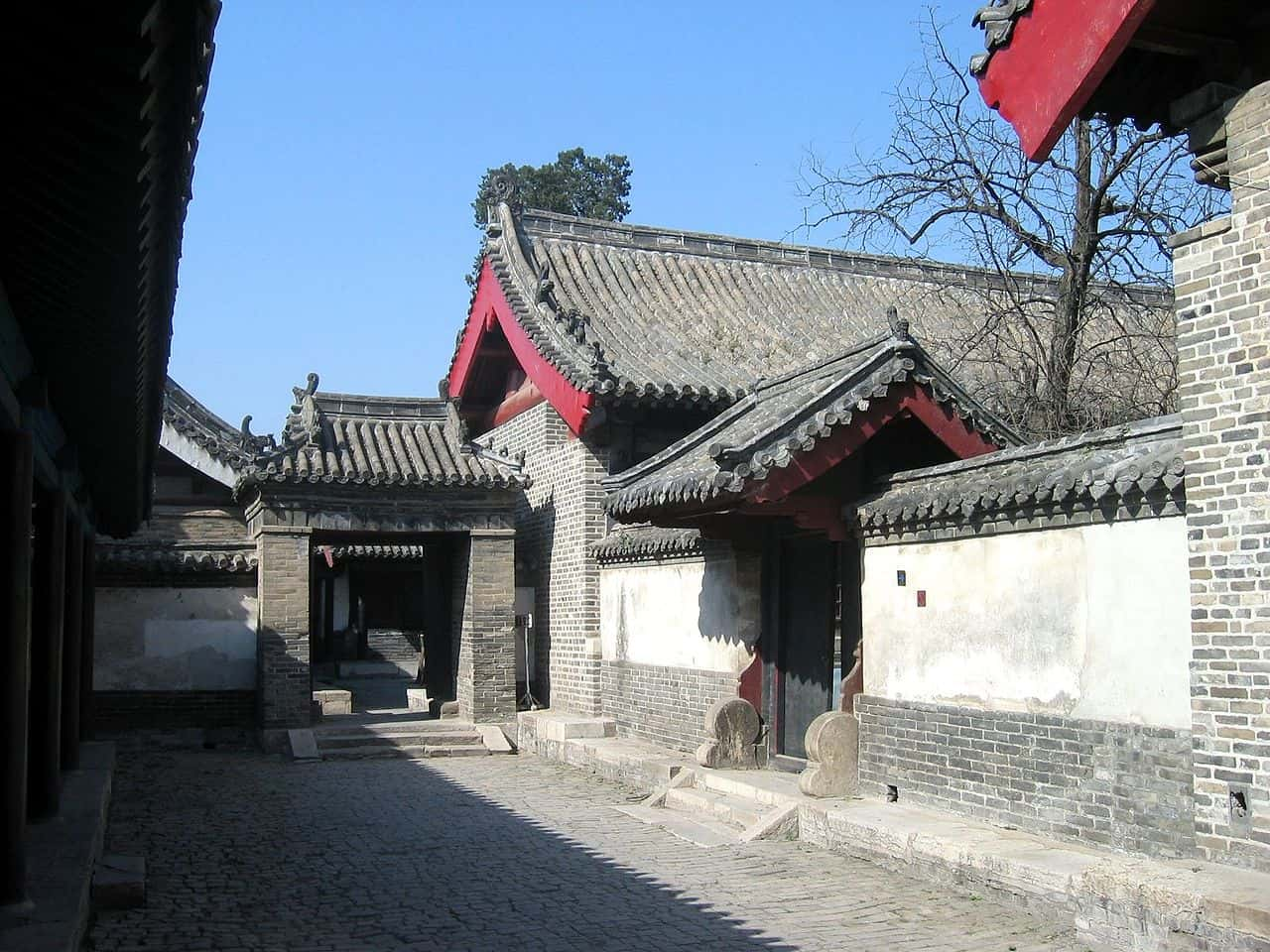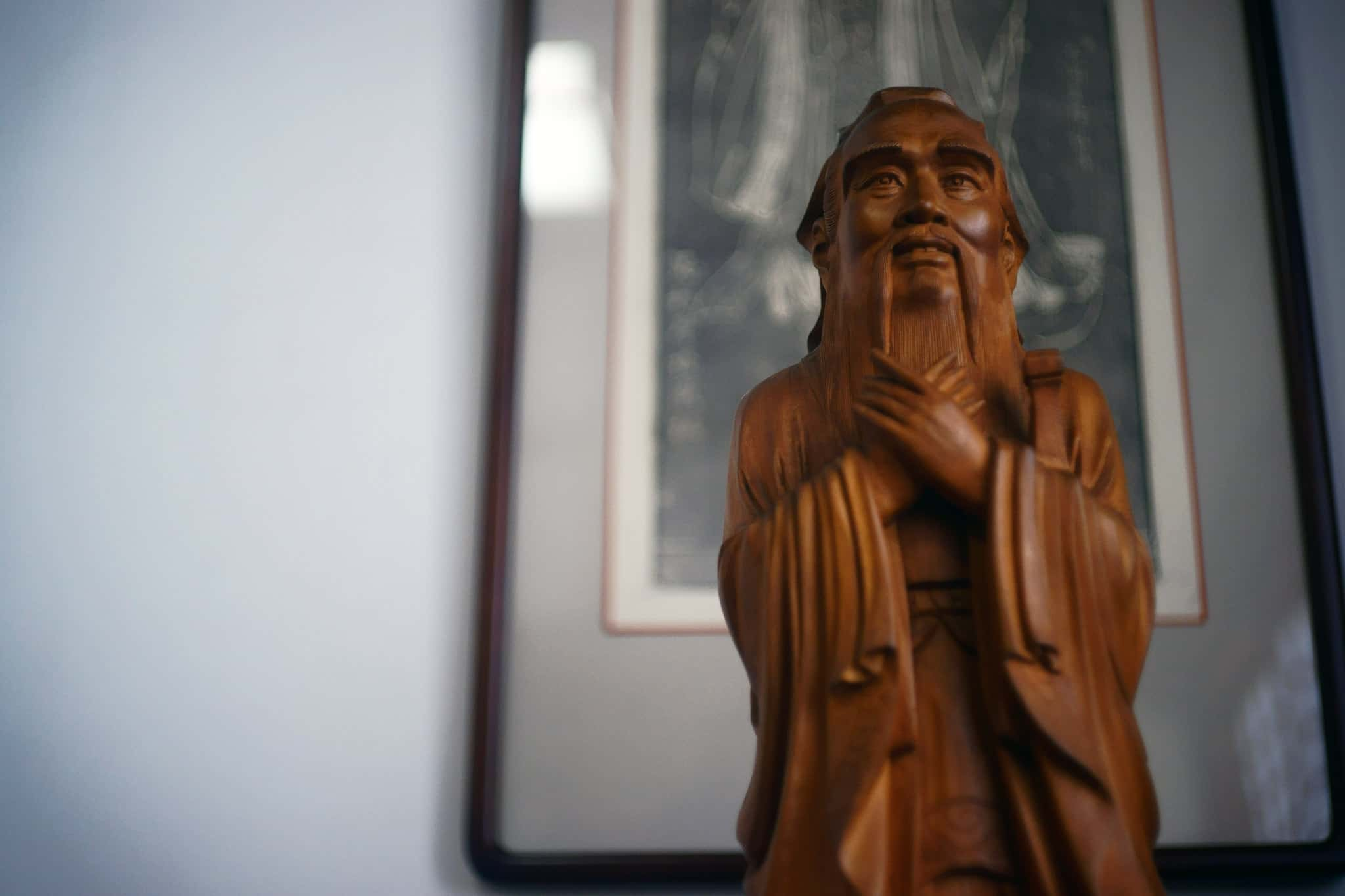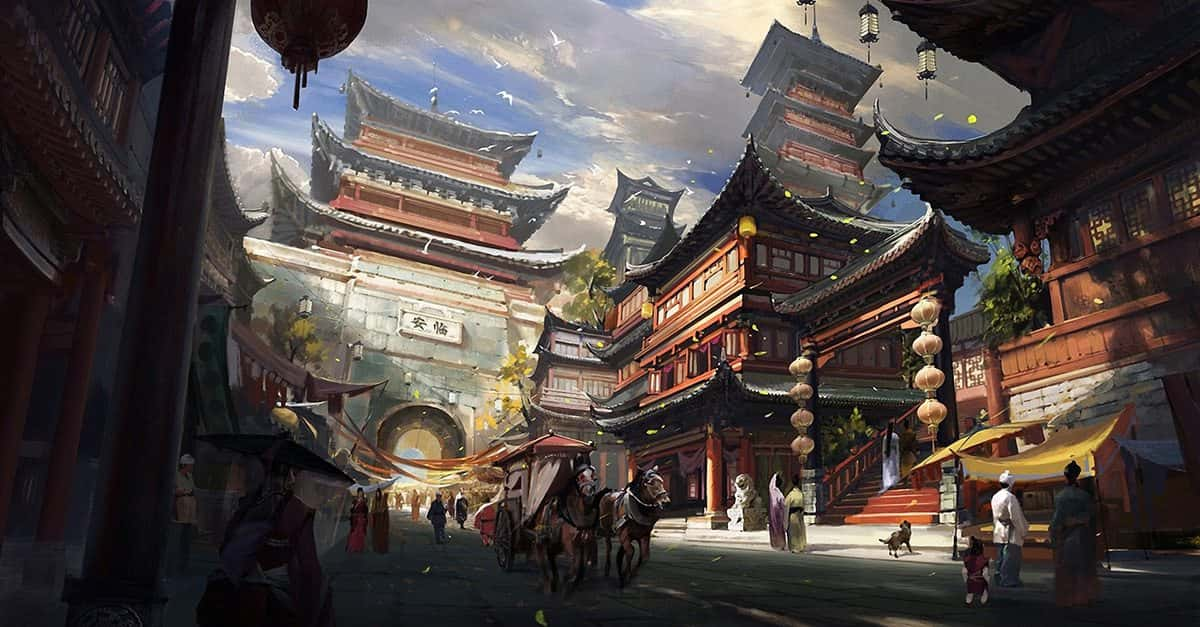“The more man meditates upon good thoughts, the better will be his world and the world at large” -Confucius
It’s tempting to simply sum up Chinese-born Confucius as a philosopher, but he was far more than that. He was also a teacher, editor, and politician whose teachings have left a crucial impact upon Chinese culture even into the modern day. He even gave his name to Confucianism, which is treated by many as a religion. How did one man start such a movement? Read these facts to find out more.
Confucius Facts
42. So, Where Are You From?
According to most historians, Confucius was born on September 28, 551 BC. His birthplace has been identified as being close to the modern city of Qufu in China. At the time, it was known as the district of Zou.
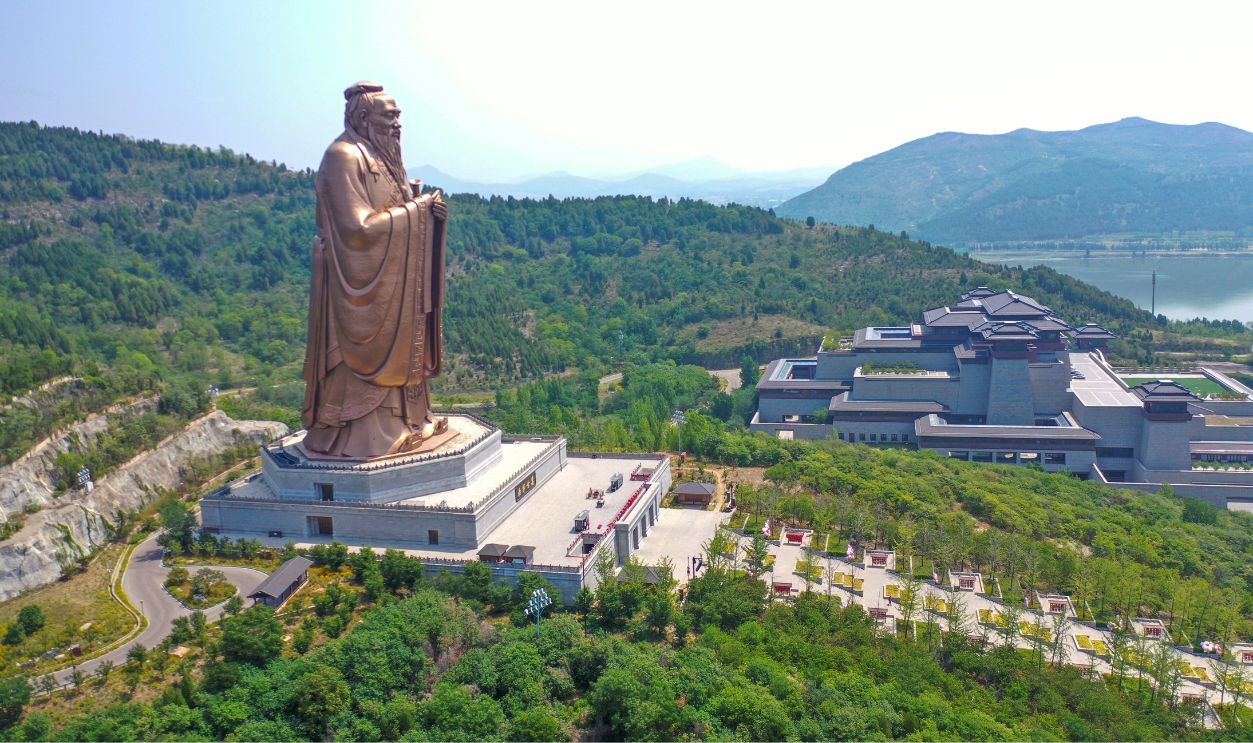 Xinhua News Agency, Getty Images
Xinhua News Agency, Getty Images
41. Who’s the Boss?
At the time of Confucius’ birth, Zou was technically controlled by the rulers of the Zhou dynasty, though Confucius’ family was actually descended from the Shang dynasty, which had been in power before the Zhou dynasty replaced them.
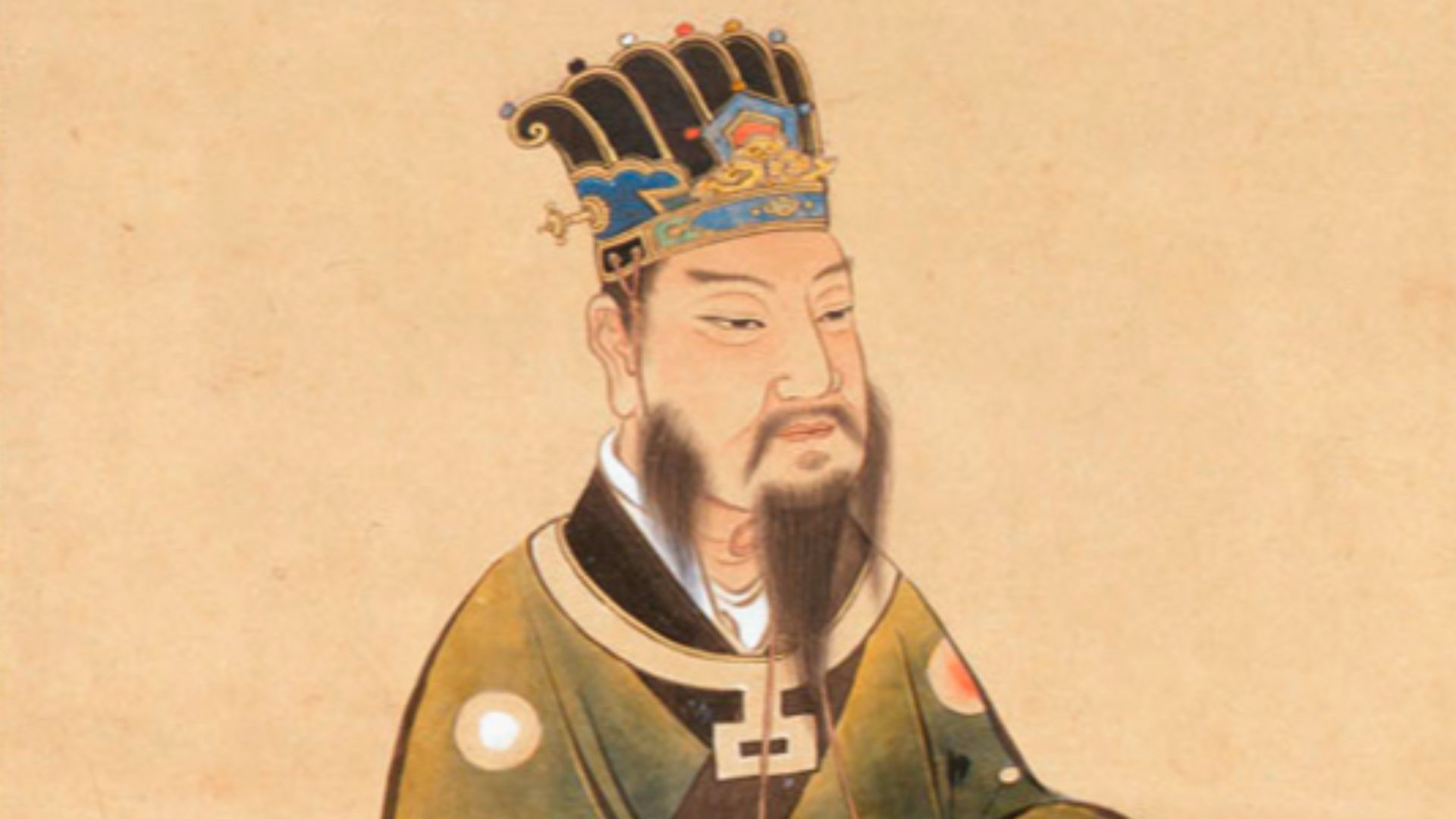 Kanō Sansetsu (1589–1651), Wikimedia Commons
Kanō Sansetsu (1589–1651), Wikimedia Commons
40. What’s in a Name?!
Nobody would have called him Confucius at the time. The only reason he is known as Confucius is because 16th century Jesuit missionaries coming to China took his name and gave it a Latinized sound. The word “Confucius” was adapted from the name "Kǒng Fūzǐ." However, not even this was his true name, because "Kǒng Fūzǐ" simply means “Master Kong.” His given name was Kong Qiū, though he would also have been called "Zhòngní"—the Zhong part indicated that he was the second son in his family.
39. Deprived of Dad
Confucius was raised by his single mother, Yan Zhengzai, in poverty after his father, a military officer named Kong He, died when Confucius was only three years old.
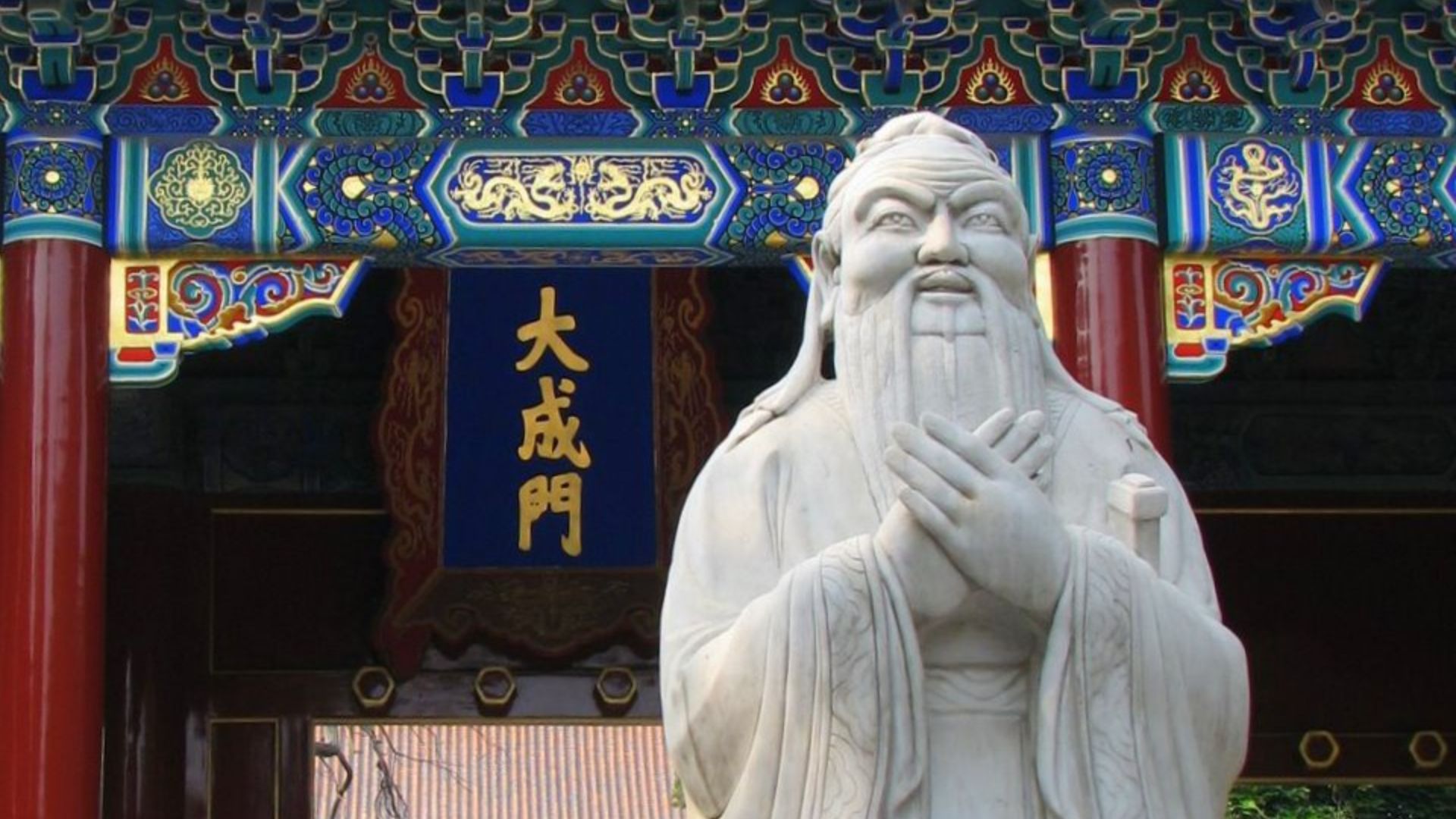 Walter Grassroot, Wikimedia Commons
Walter Grassroot, Wikimedia Commons

History's most fascinating stories and darkest secrets, delivered to your inbox daily.
38. Claimed by Confucianism
Although Confucius had a common education, as opposed to a privileged one, he was taught the skills which were required of any true gentleman in Chinese culture. These skills, known as the Six Arts, comprised of rites, music, archery, charioteering, calligraphy, and mathematics. Although the concept of the Six Arts was very much in existence before Confucius, they were incorporated into Confucianism.
37. Wedding Invitations Must Be Pretty Difficult
As one can imagine, with all the recorded descendants of Confucius, it’s possible to tell how many people are currently related to him in whatever percentage that may be. As it so happens, there exists an organization to keep track of these many relatives, known as the Confucius Genealogy Compilation Committee. They have reported that around two million people are registered descendants of Confucius, with the actual number being estimated as high as three million. Imagine those family reunions!
36. As Good as Gold
One of the many rules and philosophies associated with Confucius is what’s known as the Golden Rule. Translated from his original language, the Golden Rule roughly states “Do not do to others what you do not want done to yourself.” Seems like a pretty reasonable way to live—so it’s amazing how few people manage to pull it off.
35. Confucius Is Confucius
According to Confucius, the best way for society to function properly was the acknowledgement of one’s place inside it. When he declared that “the prince is prince, and the minister is minister… the father is father, and the son is son” he was advocating for a natural order to keep things moving forward.
34. Reality Bites
On the flip side of that coin, Confucius determined that social strife and disorder stemmed from people either being unable or refusing to observe or deal with reality. It even came down to people failing to call things by their proper names! We’re kind of relieved that Confucius never lived long enough to deal with teenage slang.
33. Impressive Résumé
Confucius spent the early part of his adult life working a number of government jobs, as befitting his status in ancient Chinese society. Reportedly, they classified four categories of “occupations” for Chinese citizens to have. There were the nong, peasants who worked as farmers; the shang, those who worked as merchants and traders; the gong, the artists and craftsmen; and the shi, the group of people known simply as scholars. Confucius, having been educated, fit into the shi class, which explained his administrative jobs, as well as also being a bookkeeper and tending sheep and horses on the side!

History's most fascinating stories and darkest secrets, delivered to your inbox daily.
32. Interesting Title
In 501 BC, Confucius began his political career in earnest when he was appointed as governor of a small town in the state of Lu. He seems to have done a really good job, though, because he rose through the ranks to become the Minister of Crime.
31. Can You Identify Him?
Perhaps not so surprisingly, there is no surviving sculpture, painting, picture, or image whatsoever of Confucius or his likeness which was made during his lifetime. Since his death, however, there have been plenty of portraits made of the famous man.
30. Tough Times
One of Confucius’ descendants, H.H. Kung, is an important figure in the Republic of China. Kung played a key role in the government during the 1930s and 1940s when China was invaded by Japan even as it was going through inner turmoil. Kung even served as Premier of the Republic of China from 1938 to 1939.
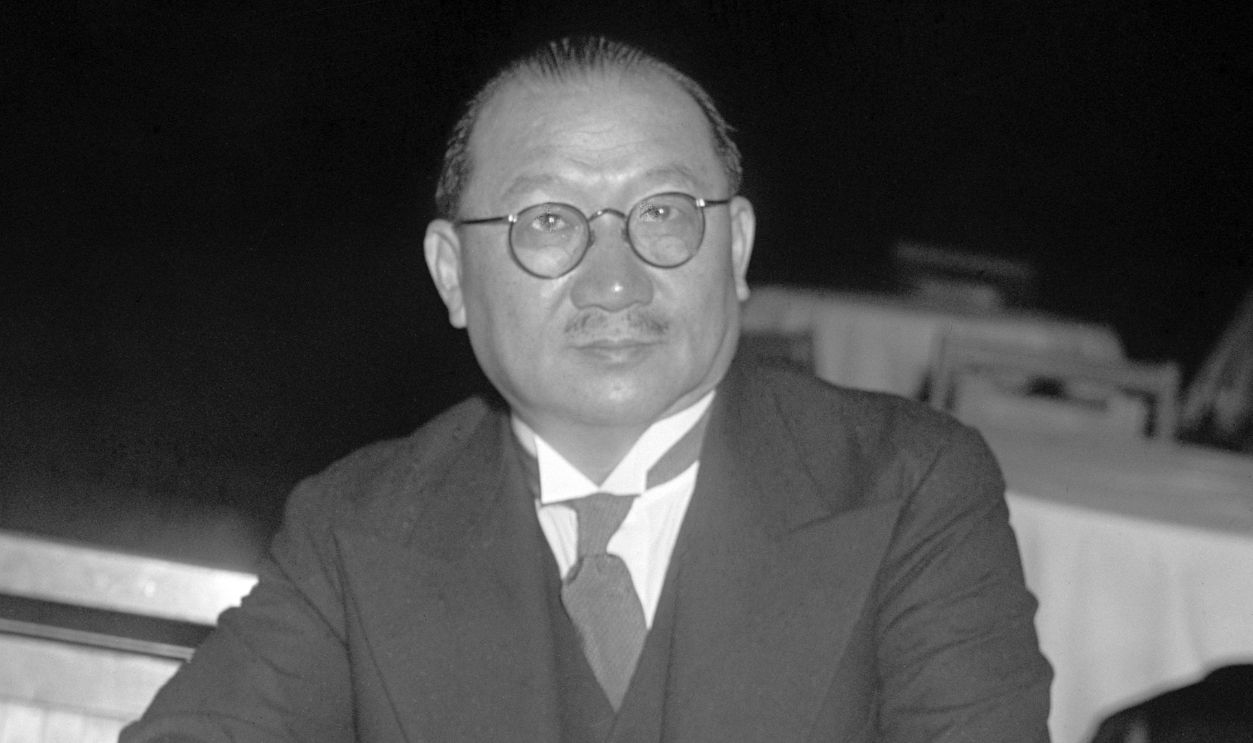 Pictures from History, Getty Images
Pictures from History, Getty Images
29. Think of the Children
Confucius is said to have had three children. One son, born just a year after Confucius’ marriage to Qiguan, was named Kong Li. Two more daughters were born to the couple, with one of those daughters allegedly, and tragically, dying in childhood.
28. Let’s Brainstorm!
In Chinese history, there was a period from the sixth century BC to 221 BC which oversaw the emergence of the Hundred School of Thought. It was considered a golden age for Chinese philosophy as many of the philosophies which were born during this time period, including Confucianism, would continue to shape East Asian thought and study for centuries after the era had ended.
27. Fire and Earth
Tragically, this era would end with a brutal purge led by the First Emperor of the Qin Dynasty. In between ordering the construction of the Terracotta Army, the First Emperor decided that freedom of speech was so overrated that he ordered treatises and texts he didn’t like to be burned. To further prove his point, the First Emperor sentenced more than 450 Confucian scholars to be buried alive in 212 BC. One account actually puts the number of buried scholars at more than a thousand!

History's most fascinating stories and darkest secrets, delivered to your inbox daily.
26. Another Variant of the Golden Rule
Confucius reasoned that a government should not impose their rule by punishments, but should rule by example, providing the people with an example to live up to in regard to virtue, honesty, and integrity.
25. Religion or Rule of Life?
There has been much debate and dispute over whether Confucianism counts as a religion or an ethics system, especially when Christians were brought into the room to voice their opinions. Even the Chinese governments did not know how exactly to define Confucianism. The question has not been fully answered to this day.
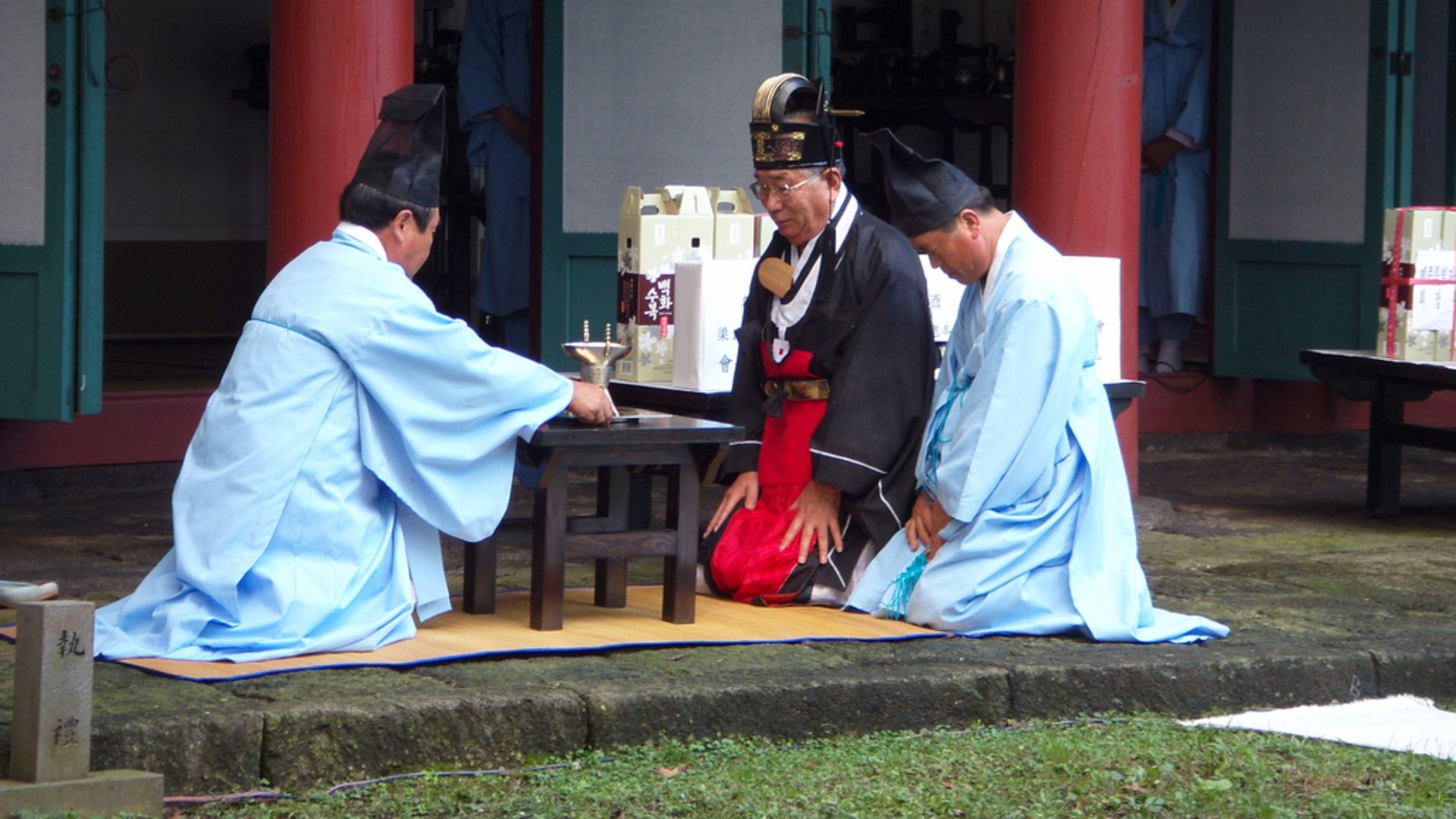 joonghijung, Wikimedia Commons
joonghijung, Wikimedia Commons
24. Earn Every Penny
In just one of many ways that Confucius influenced China, his philosophy helped inspire the system known as the Imperial Examinations. It was a meritocratic system where anybody was permitted to positions in the government so long as they passed the examination. This meant that ordinary people got access to honorable and well-paying jobs that they normally wouldn’t have had a chance at getting.
23. The Man as Artist
With all the influence that Confucius has had on Chinese culture throughout its history, an art form has emerged based on his writing and philosophy. Confucian art can be found in various forms, such as calligraphy of his writing, ceramics, and pottery.
22. International Inspiration
While Confucian art originated in China, it has made its way into other Asian countries over the long years. A form of Confucian art that has become a tradition in Korea through stonework. No doubt Confucius would have been pleased to know that his legacy was set in stone!
21. Throw the Books at Us!
Confucius is often—but allegedly—credited with writing the Four Books and Five Classics which cover all the themes and ideas of Confucianism. Whether Confucius wrote them from scratch or took old texts and re-edited them together is a debate which has yet to be truly resolved. Either way, these works have been deeply influential throughout Chinese history.

History's most fascinating stories and darkest secrets, delivered to your inbox daily.
20. The Famous Five
The Five Classics are comprised of Classic Poetry, a collection of no less than 305 poems which are divided into festal songs, hymns, folk songs, and eulogies; Book of Documents, supposedly the oldest narrative in the history of China, detailing documents and Chinese prose going as far back as possibly the sixth century BC; Book of Rites, a collection social events and court ceremonies of ancient China; Spring and Autumn Annals, a history of Confucius’ native state of Lu, covering the time period between 722 and 481 BC; and the I Cheng, a book of instructions on ancient Eastern divination.
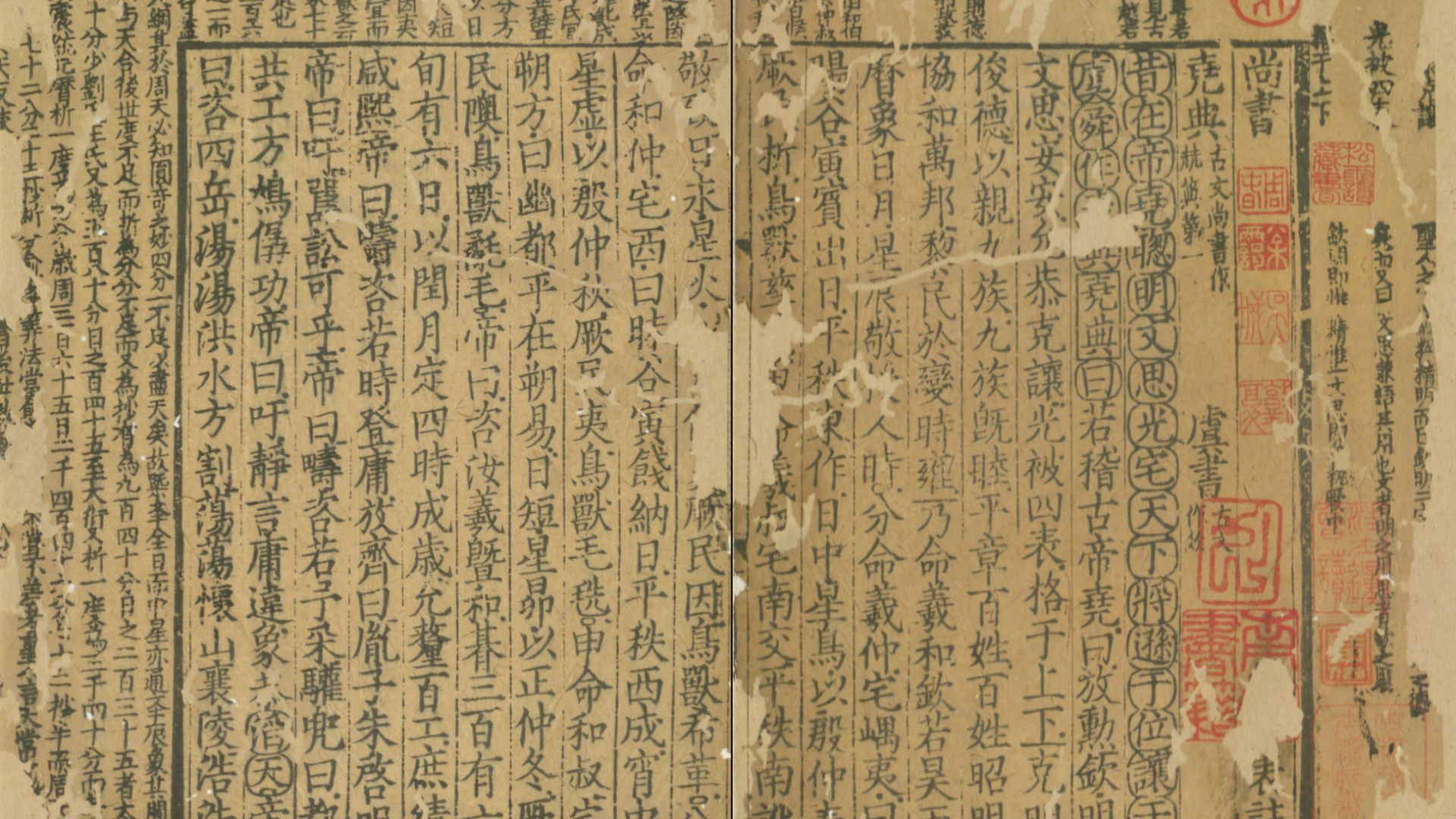 White whirlwind, Wikimedia Commons
White whirlwind, Wikimedia Commons
19. They Call Me the Wanderer
Between 497 BC and 484 BC, Confucius’ political career had resulted in him making many enemies. This led to self-imposed exile. He spent the majority of this time traveling to several provinces outside of Lu. Did we mention that he was in his 50s and 60s when he was making those long treks? Safe to say the man was devoted to his exercise!
18. Jesus was Happy with Twelve
By the time he was 68, Confucius eventually returned back to Lu after years of exile and traveling around. Invited back by Lu’s new chief minister, Confucius spent his time teaching dozens of disciples—it’s uncertain whether they numbered 72 or 77.
17. Do the Right Thing
One of Confucius’ famous tricks to teach lessons in ethics and philosophy was the use metaphors, allusions, and innuendo. In a famous example of his style, he presented a scenario where the owner of a stable is told that the stable burned down. The owner immediately asks if anyone was hurt, rather than inquire after his own horses, thereby valuing people over property—though we’re pretty sure that every horse lover reading this probably just shook their heads at Confucius’ point.
16. Worn Out
By the time he was 71 or 72, Confucius was emotionally worn out. He’d lived long enough to bury his son, as well as a number of his own protégés. Confucius finally passed away from old age and was buried in Kong Lin Cemetery. Interestingly, the original tomb laid out for him was in the shape of an axe.
15. No Shame in Doing Your Best!
One of the ancient stories associated with Confucius involves one of his disciples, named Ran Qiu. While he was talented, Ran Qiu had initially planned to learn only what was necessary for him to get a good job for himself—like many students today, let’s be honest. Eventually, he was completely discouraged by the high-minded ideals which Confucius sought to teach, as they seemed far too lofty to be applicable in the real world. He became lazy and blamed his lack of ability when Confucius confronted him on it. Confucius, however, pointed out that all Ran Qiu was doing was drawing an arbitrary line in the sand for himself rather than trying as best he could. He encouraged his student that even if he didn’t have the ability to be as good as others, the important thing is to have given it your very best shot.

History's most fascinating stories and darkest secrets, delivered to your inbox daily.
14. The Four Books: Part 1
The first of the Four Books credited to Confucius is called Great Learning. Confucius allegedly wrote the main part of the book, while nine extra chapters were contributed by Zeng Zi, a disciple of Confucius. The book is deeply valuable to the history of China for its philosophical and political themes which date back to the time of Confucius.
13. The Four Books: Part 2
The second of the Four Books, Doctrine of the Mean, is actually credited to Zisi, also known as Kong Ji, who was the only grandson of Confucius. Doctrine of the Mean provides instructions to people on achieving perfect virtue in this life.
12. The Four Books: Part 3
Analects is the third of the Four Books which are considered sacred and important to understanding Confucianism. Analects consists of discussions between Confucius and his disciples which may or may not have happened, as well as several speeches by Confucius.
11. The Four Books: Part 4
The fourth book, Mencius, is appropriately about the Chinese philosopher Mencius, who is considered in China to have been the ‘Second Sage,’ with Confucius being the first. The book follows Mencius’ many conversations with contemporary kings. Think of it like Plato writing about Socrates to prescribe values and lessons on the reader.
10. Go West, Old Man
Confucius and his philosophy first came to the attention of Europeans in the 17th century, when Jesuit priests came to China and wrote about it in reports back to Europe. One of the first such men to do so was Matteo Ricci. Eventually, Confucianism was translated into European languages.
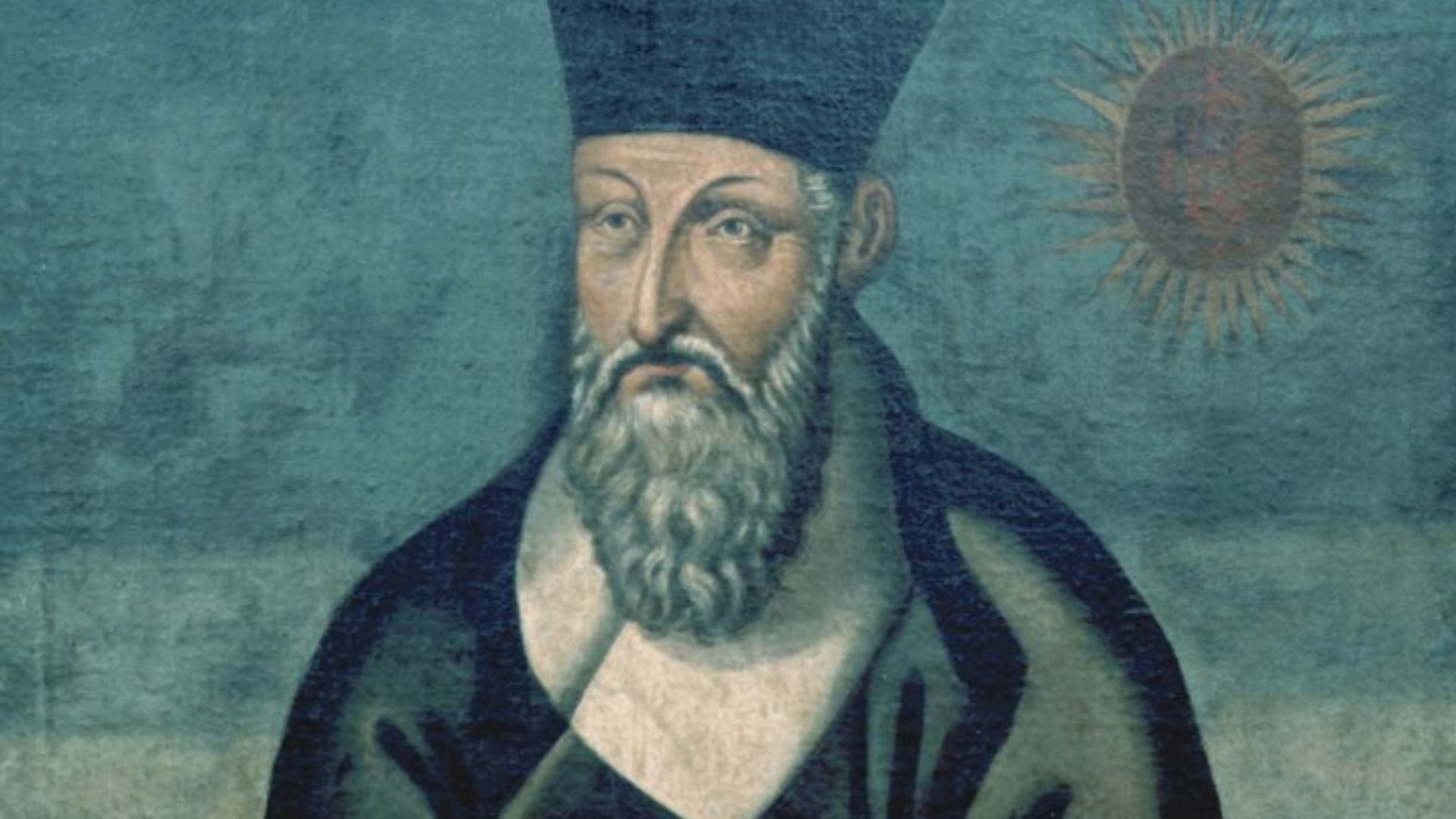 Chinese brother Emmanuel Pereira (born Yu Wen-hui ), Wikimedia Commons
Chinese brother Emmanuel Pereira (born Yu Wen-hui ), Wikimedia Commons
9. Out with the Old!
In South Korea, a backlash movement against Confucianism became the inspiration for writer Kim Kyong-il to release an essay which he titled “Confucianism Must Die for the Nation to Live.” In this essay, he decried several aspects of Confucianism, particularly the value which Confucius himself placed on filial piety—that is, honoring your parents, elders, and ancestors. This over-emphasis on respecting the past, Kim argued, suppresses social progress.
 Danang Daniel, Wikimedia Commons
Danang Daniel, Wikimedia Commons

History's most fascinating stories and darkest secrets, delivered to your inbox daily.
8. Who Runs the World?
Around the time of the Han dynasty in Chinese history, Confucians began teaching that women must be virtuous through their devotion and obedience to their fathers in their youth, their husbands during their marriage, and their sons throughout their widowhood and retirement. Naturally, this has sparked immense criticism from all sorts of people who have an issue with women being considered subservient to men. Many even accuse the prominence of Confucianism to have held back and damaged the lives of countless women throughout China’s long history of considering Confucianism its unofficial state religion.
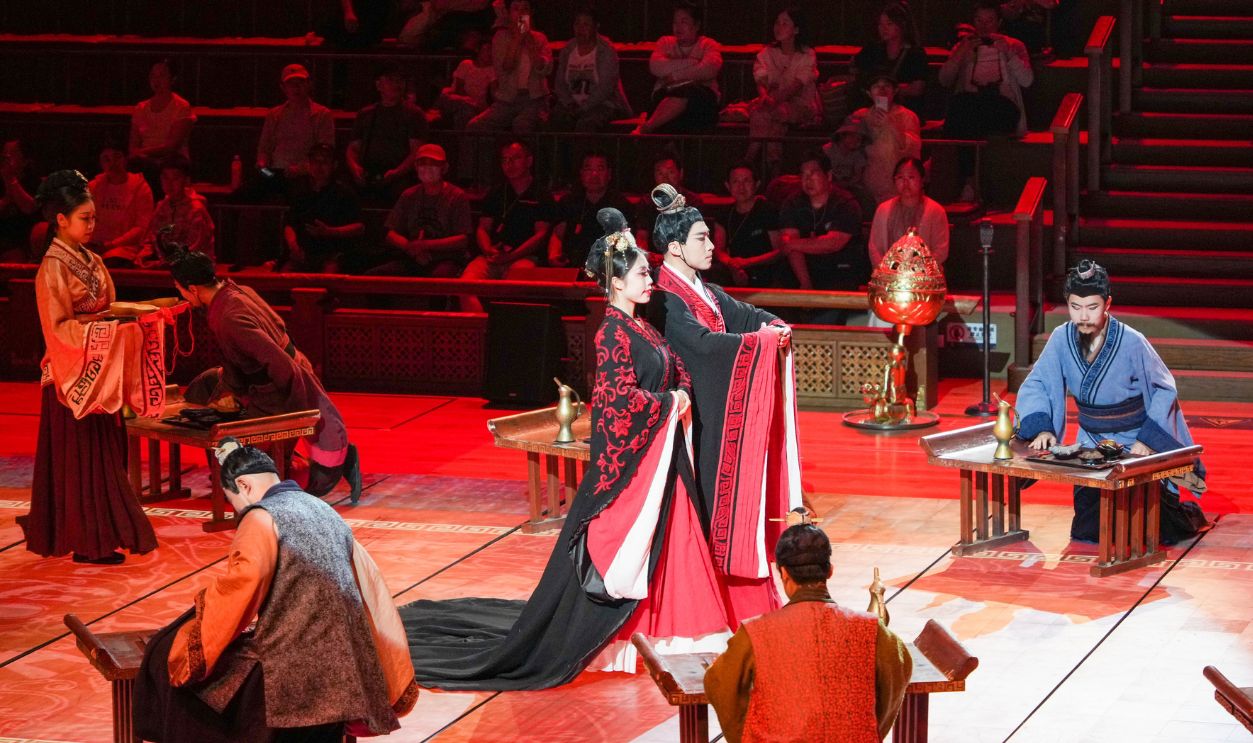 Xinhua News Agency, Getty Images
Xinhua News Agency, Getty Images
7. Antagonist or Antiquity?
In China, one of the biggest groups opposed to Confucius and his teachings were, not so surprisingly, the Chinese communists. What they disagreed with the most about Confucius’ way of thinking was his devotion to a natural order where the common people were obedient to the aristocracy. When they took power, the Communist party forbade the ceremonies honoring Confucius’ memory. The ban was finally lifted during the 1990s, as paying tribute to Confucius became a celebration of China’s long and diverse history.
6. This Fellow’s Got a Good Idea
Despite Confucius’ belief in a natural order, he did advocate that virtue of character, rather than blood and status, determined a person’s worth. This form of meritocracy was taken up and praised by later philosophers, including Voltaire and H.G. Creel.
5. Power Away From the People!
Confucius did not believe in democracy, particularly the idea that the common people would choose a leader to represent them through an election. Confucius did not think that all people were equal and therefore didn’t believe in giving everyone an equal chance at power. Confucius also believed that the masses would not have the intelligence to pick the best leader for the job.
4. Were Any of Them Ever Kings?
The Kong family in China holds a special record; they have the longest extant pedigree in the world, which means that their family line has been recorded and preserved further back than any other family in existence. The family’s genealogy contains a whopping 83 recorded generations, going all the way back to Confucius himself!
3. Would Confucius have Liked K-Pop?
As if helping to populate China wasn’t enough for Confucius’ family, one of his descendants went to Korea during the 14th century. He became a Korean citizen and established the newly named Gong family in the city of Changwon, now found in South Korea. Famous descendants of this Korean branch of Confucius’ big family include the singers Gongchan and Minzy.

History's most fascinating stories and darkest secrets, delivered to your inbox daily.
2. Ancient Artifacts
Marquis of Haihun was a Chinese ruler who belonged to the Han dynasty, dying in 59 BC. When his tomb was discovered and studied, a bronze mirror with a wooden frame was found. It contains the oldest painting of Confucius which still exists, though given that there are 420 years between the deaths of Confucius and Marquis of Haihun, it’s still a considerable stretch of time.
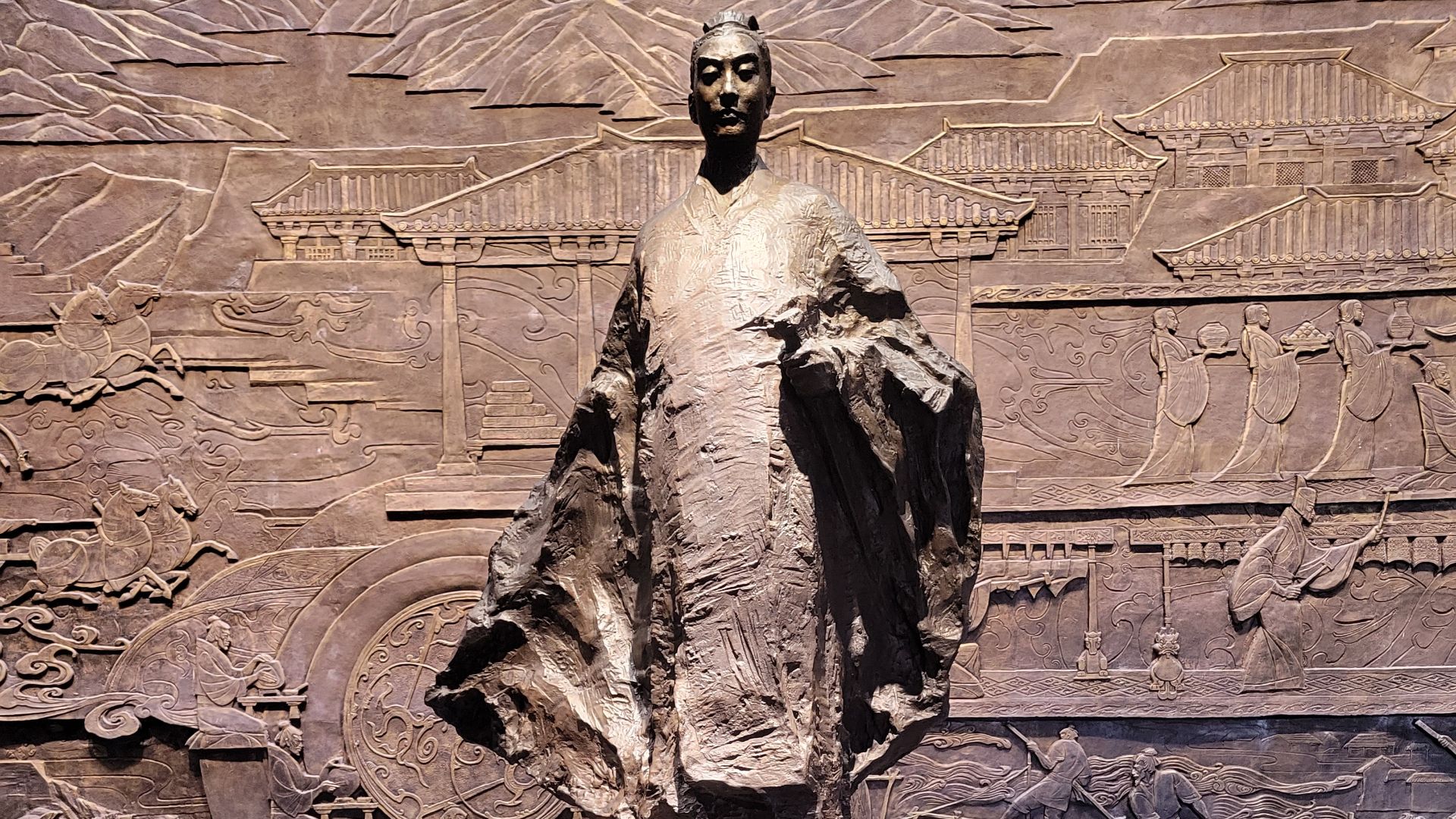 Yinweiaiqing, Wikimedia Commons
Yinweiaiqing, Wikimedia Commons
1. Missing His Mom
Yan Zhengzai, Confucius’ mother, would later pass away before her 40th birthday. Confucius was able to provide his mother with a respectable burial and was said to have followed tradition by mourning his mother’s death for three years.

